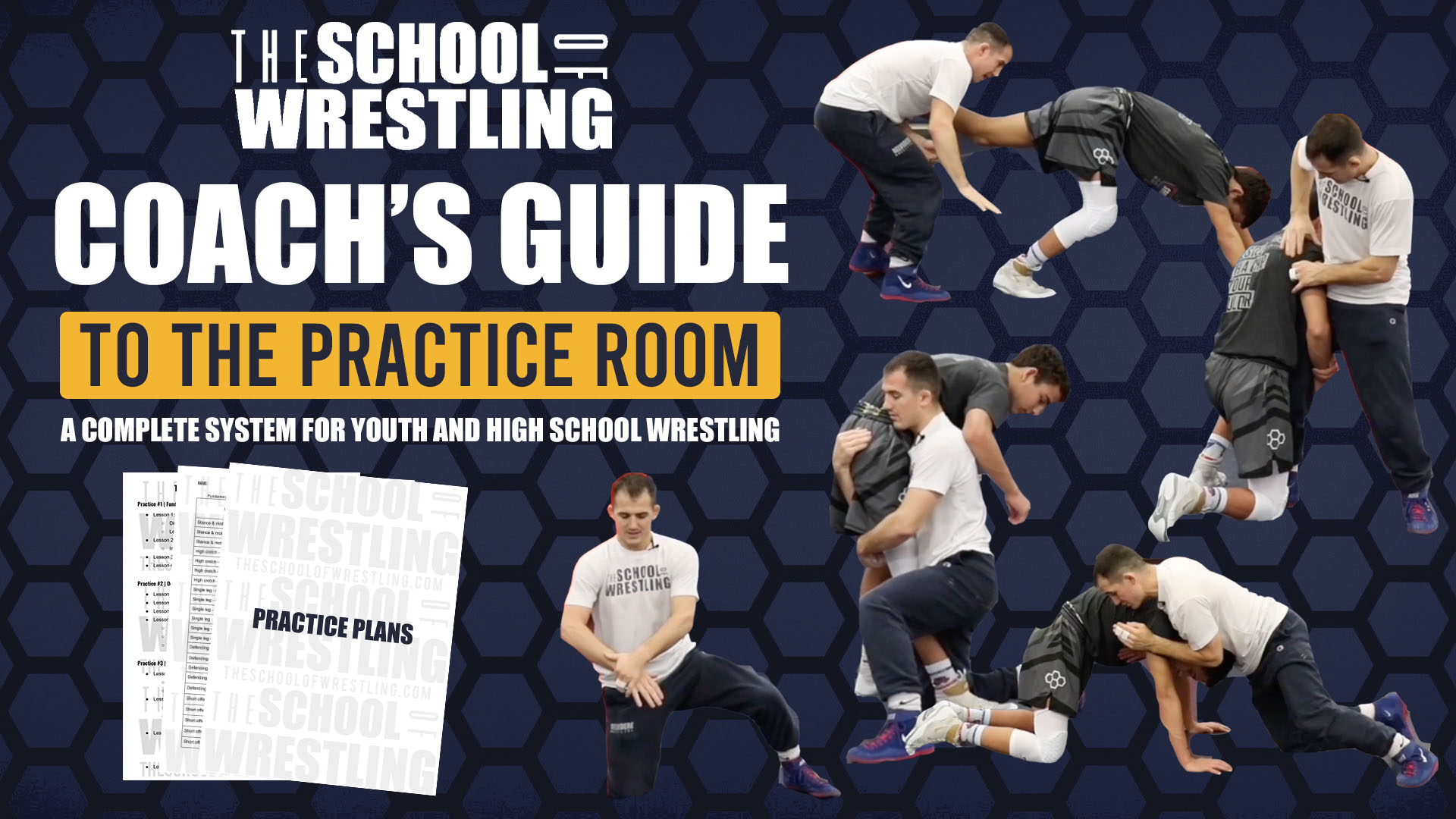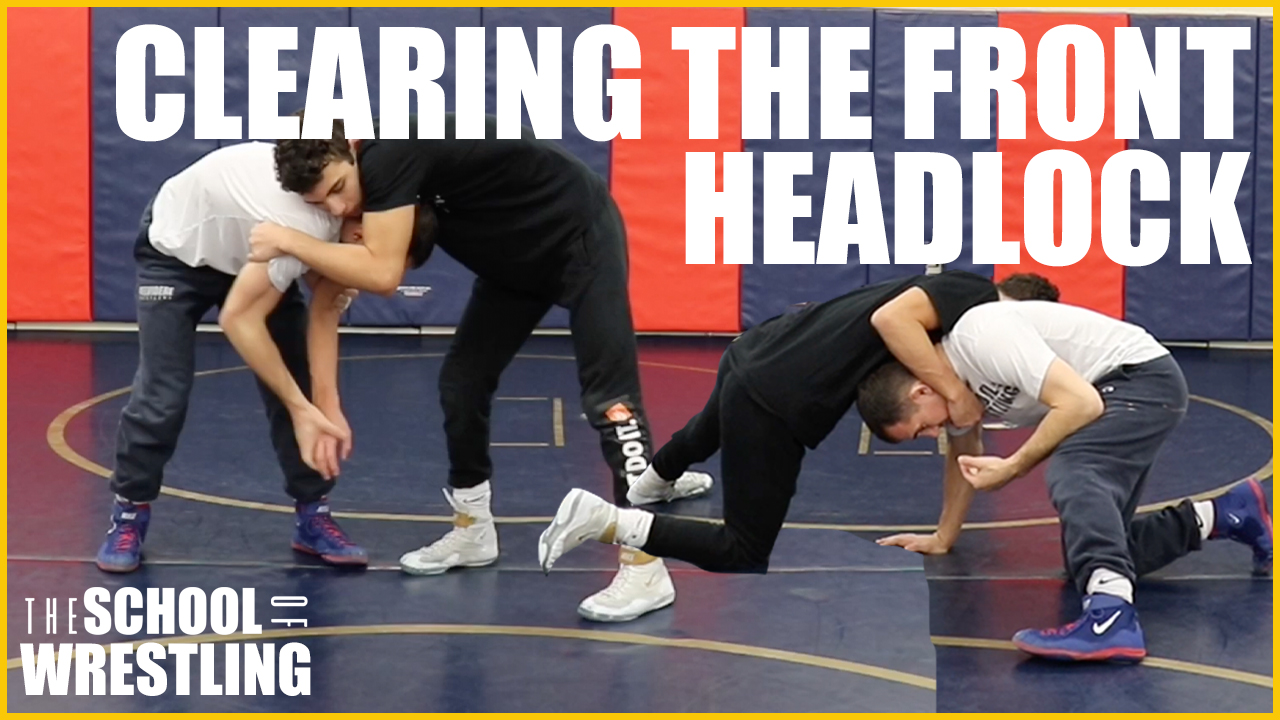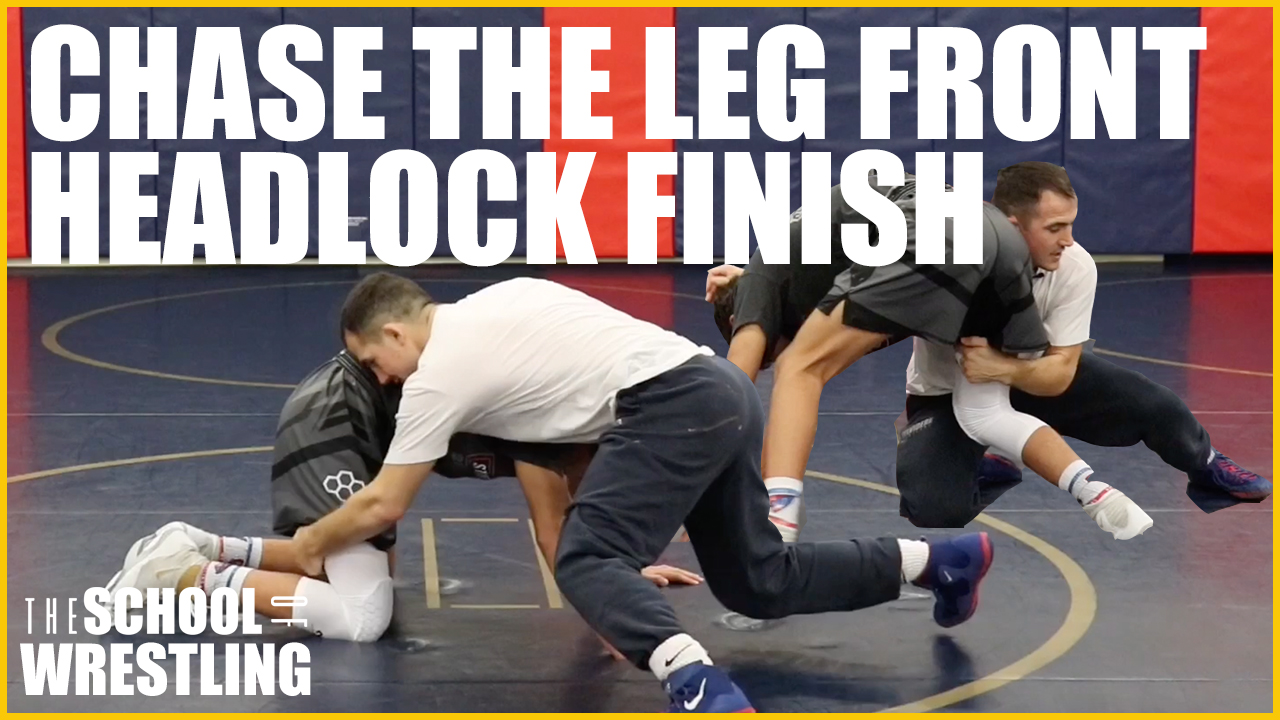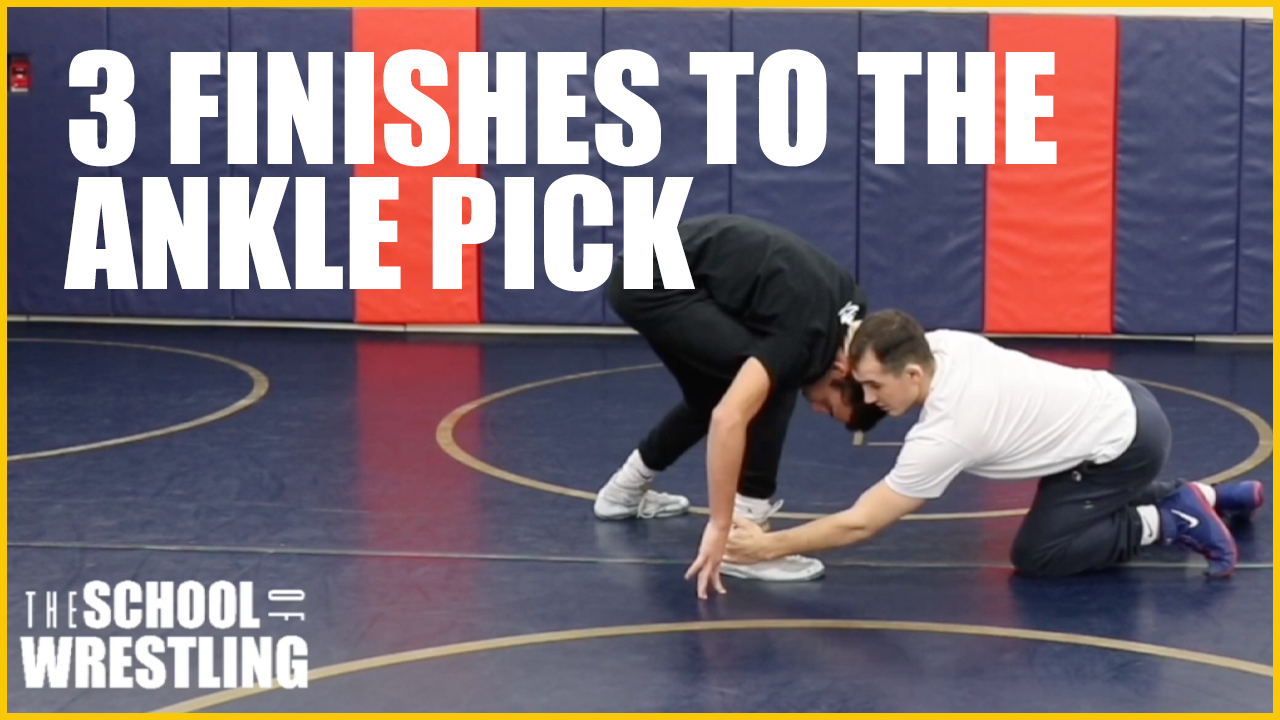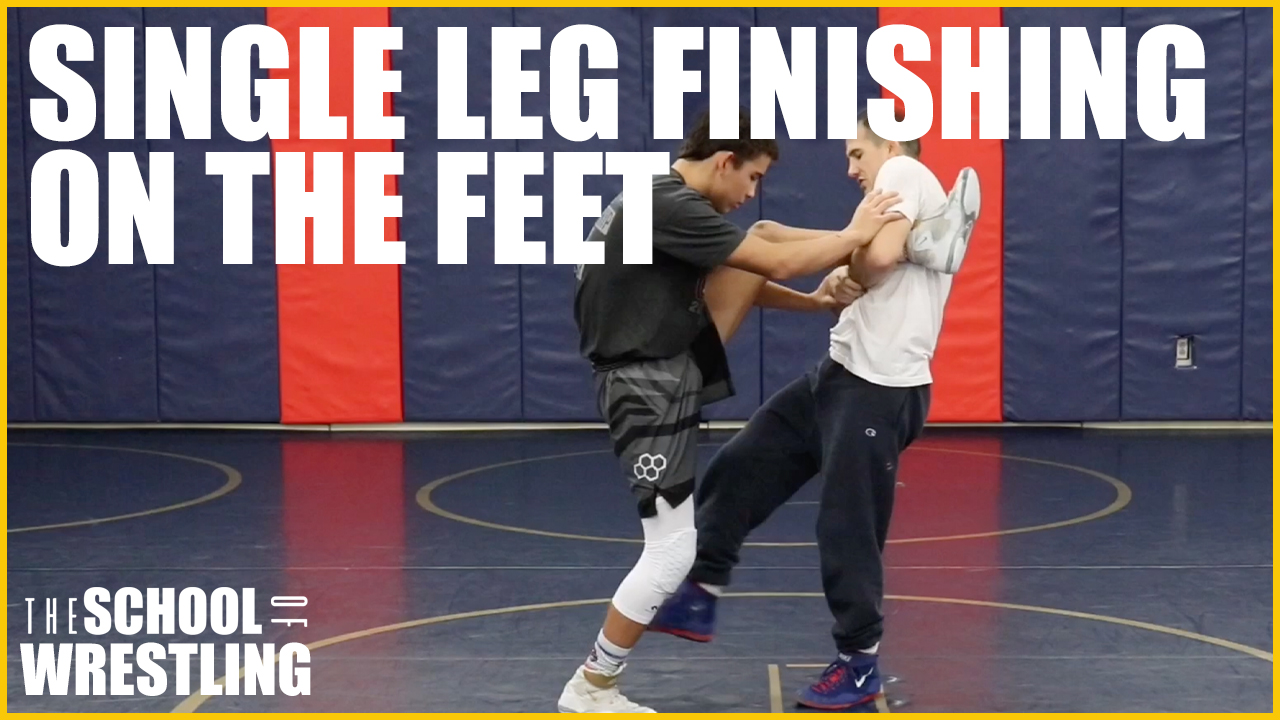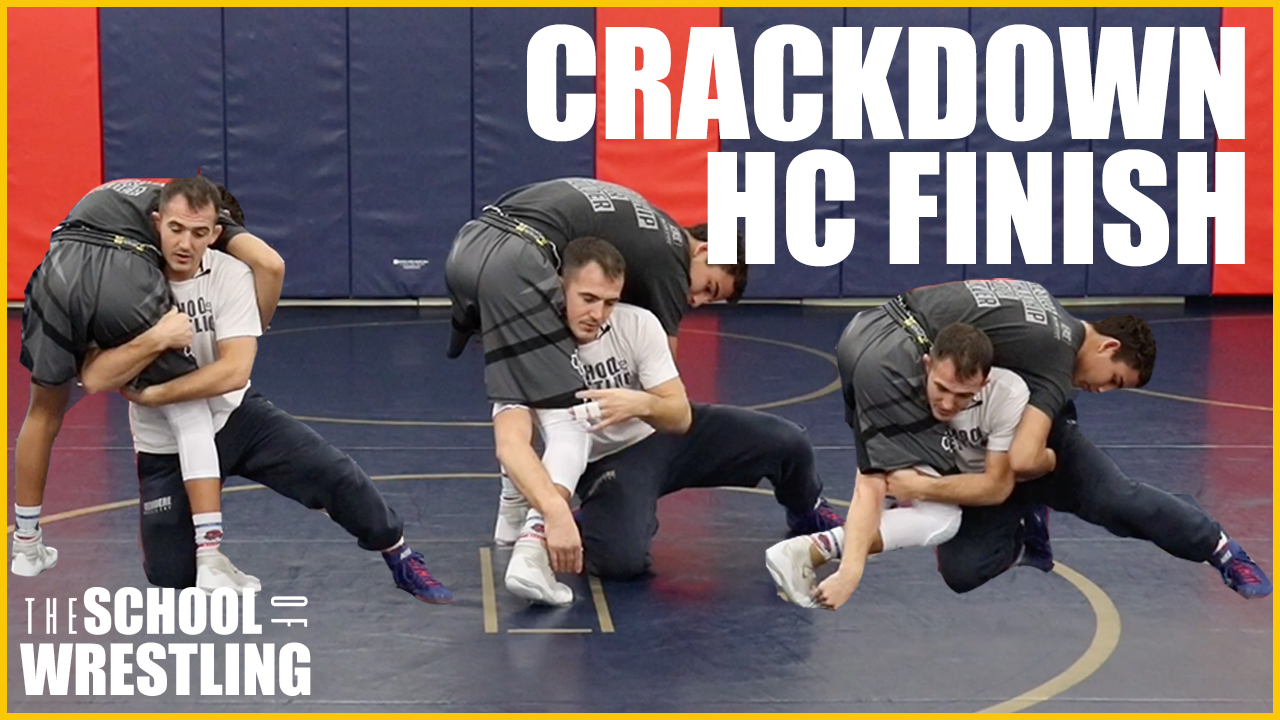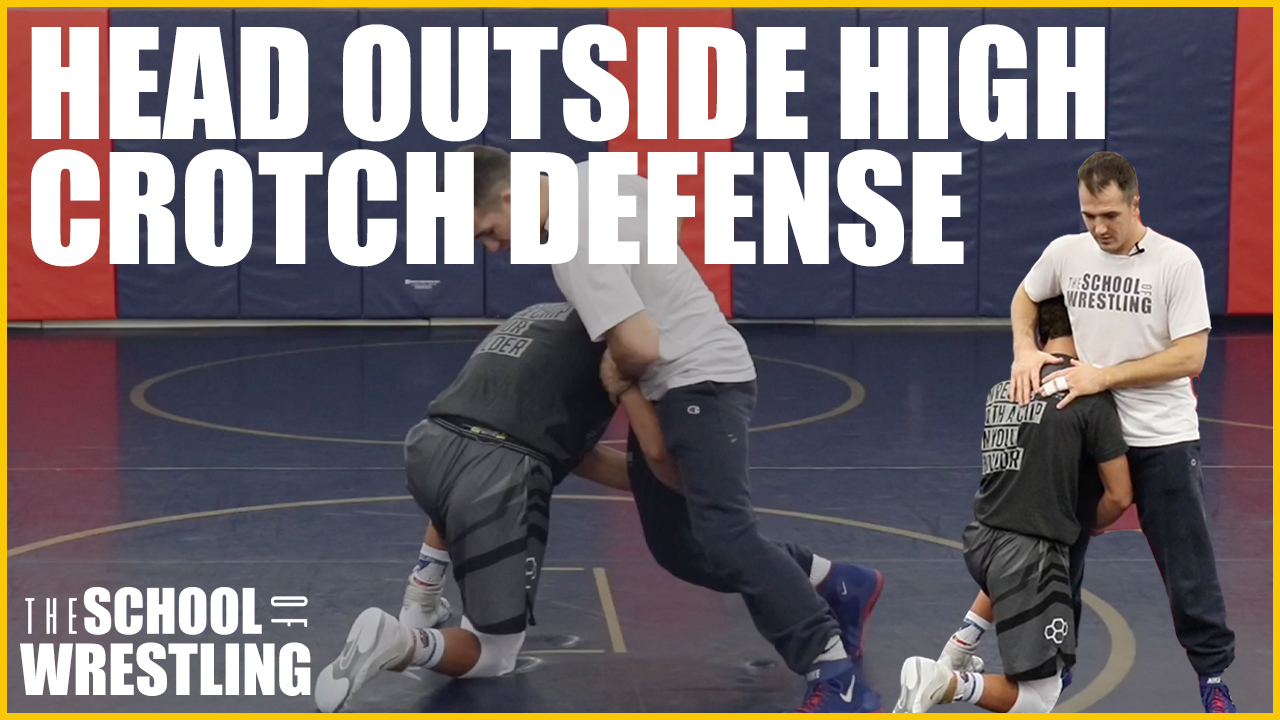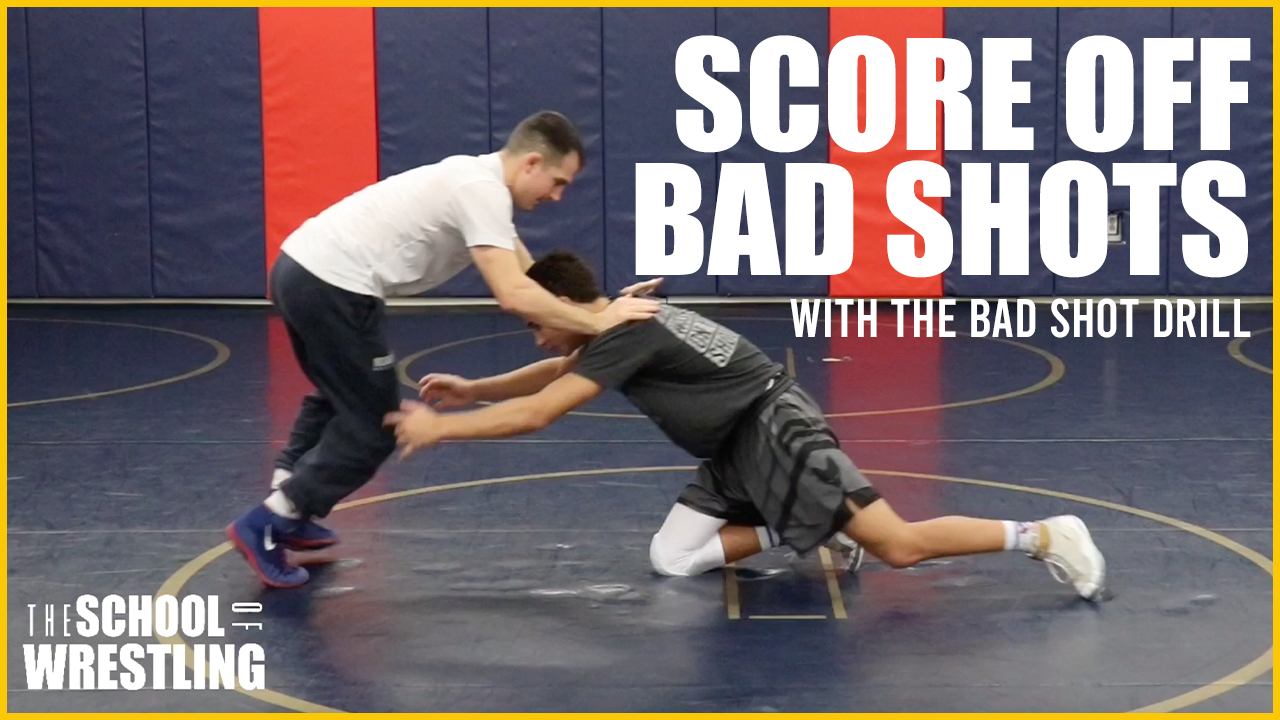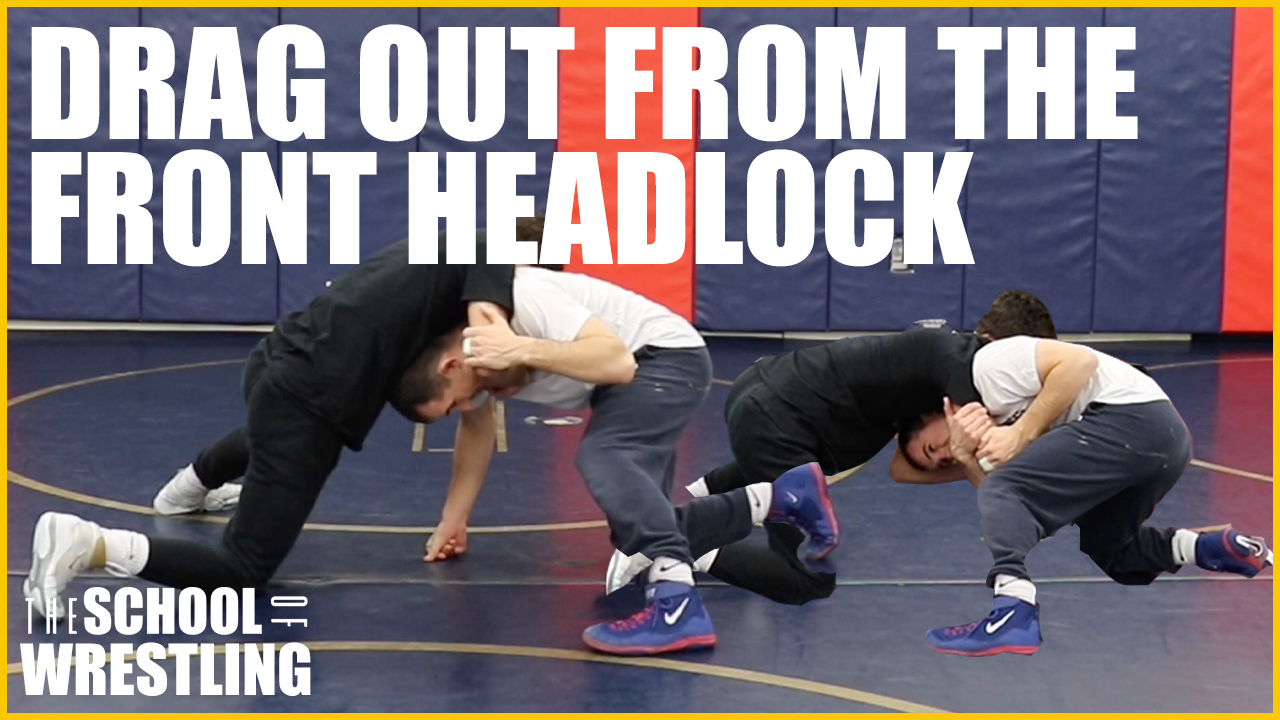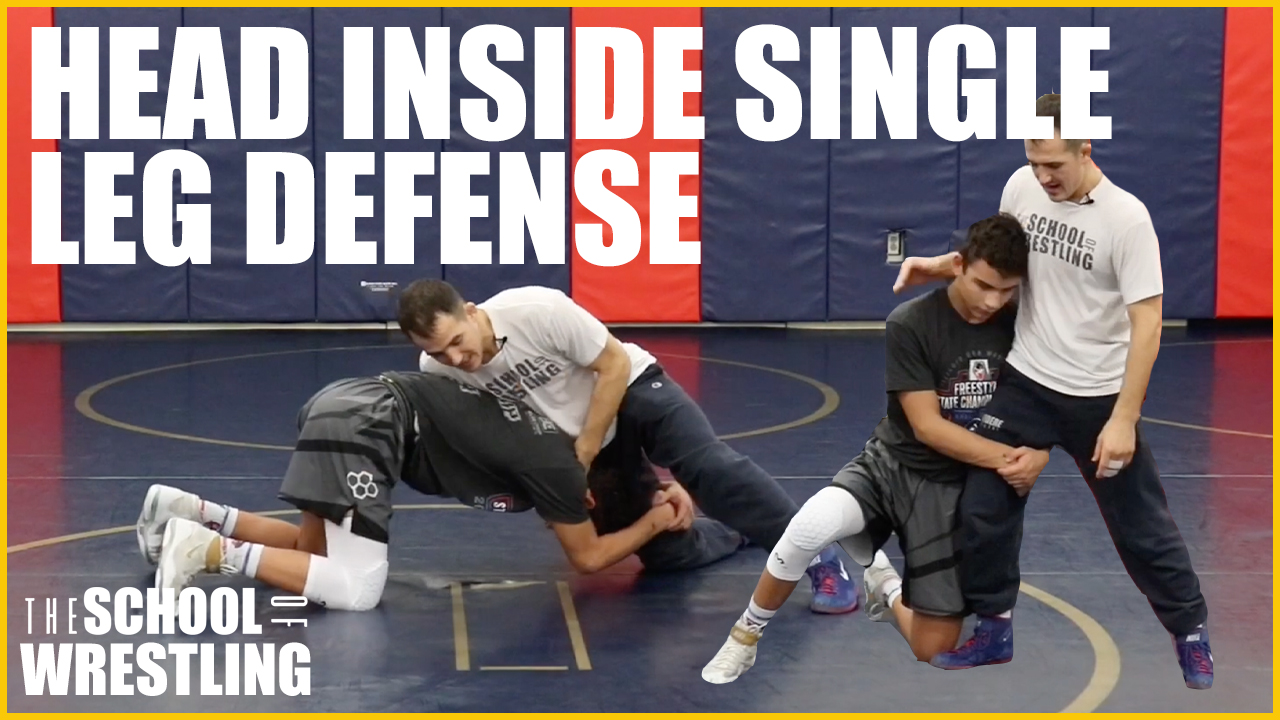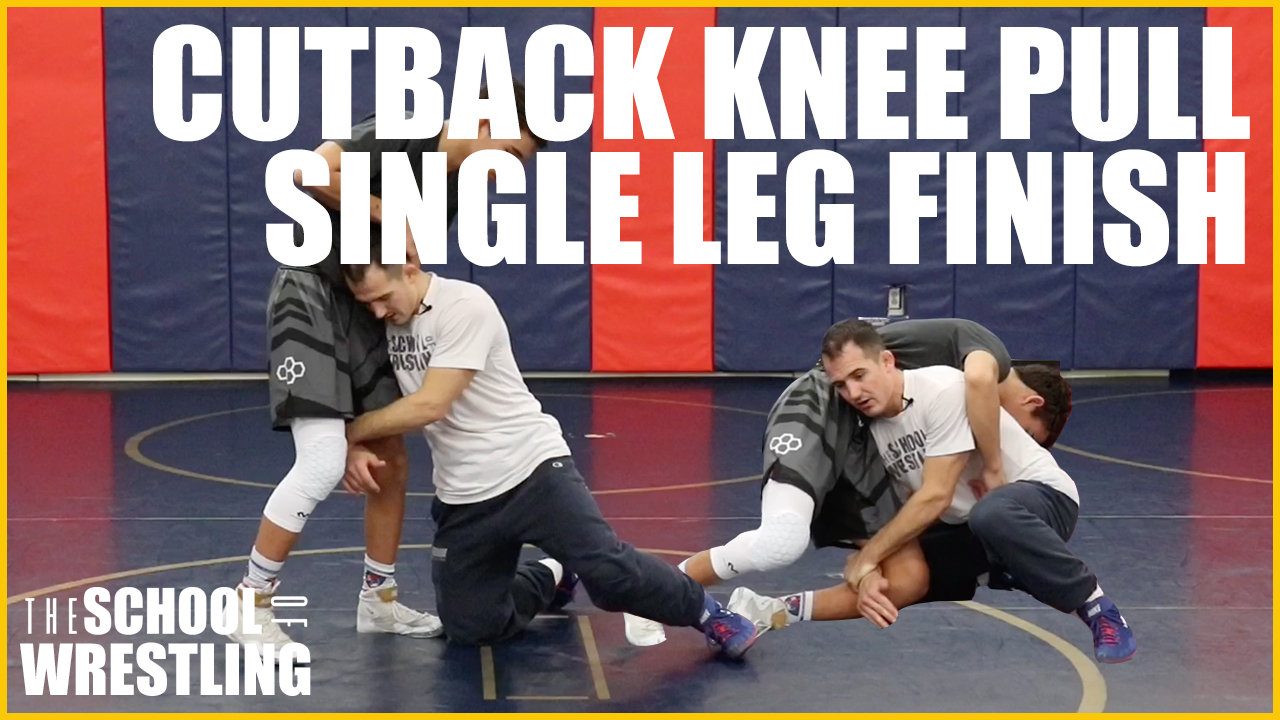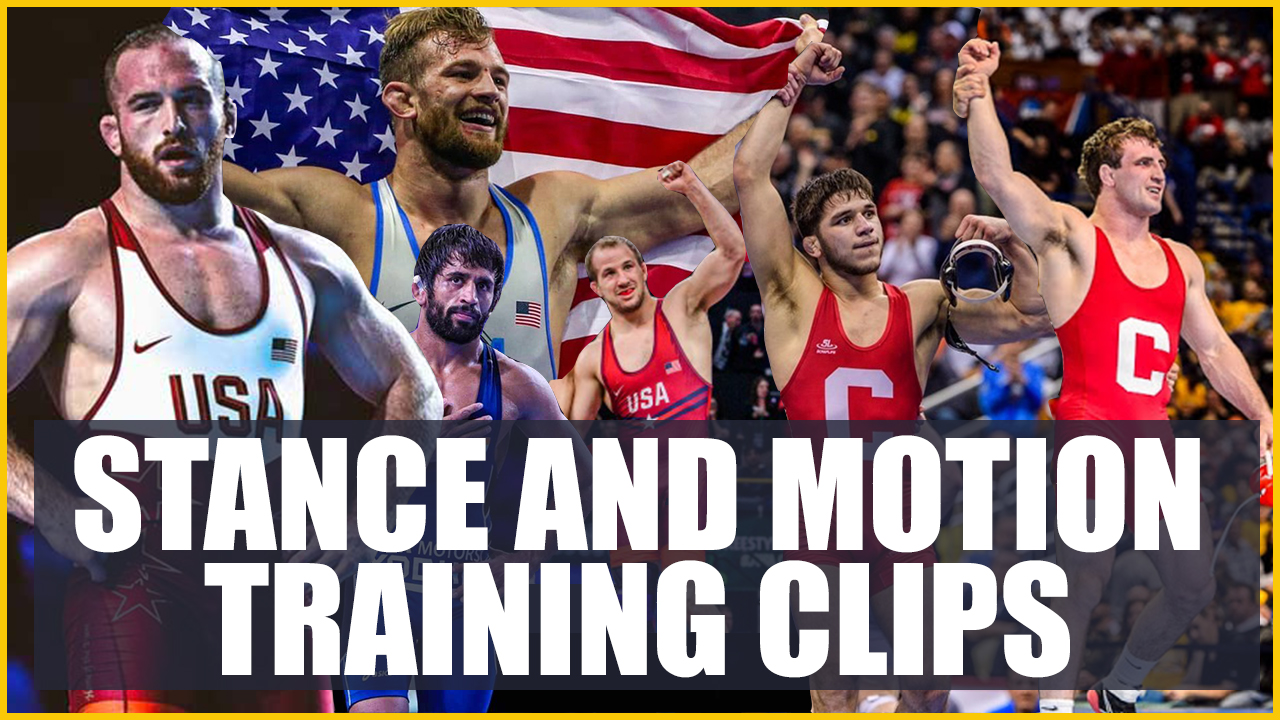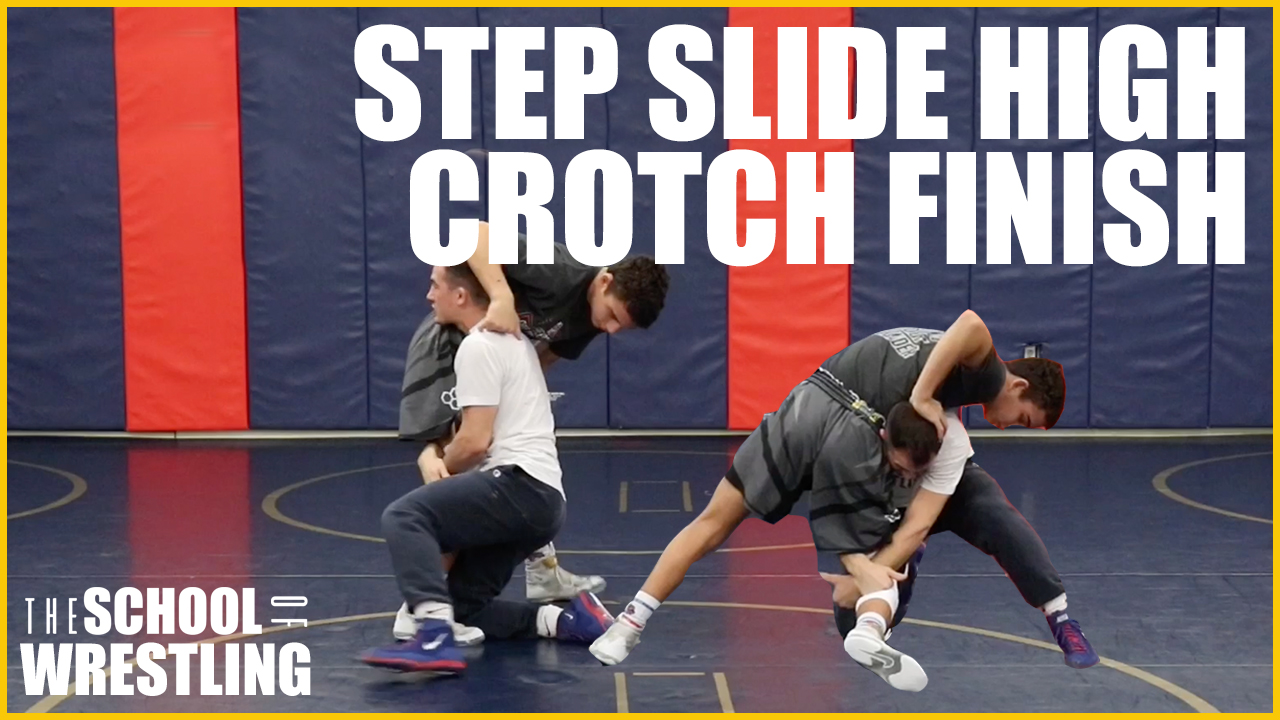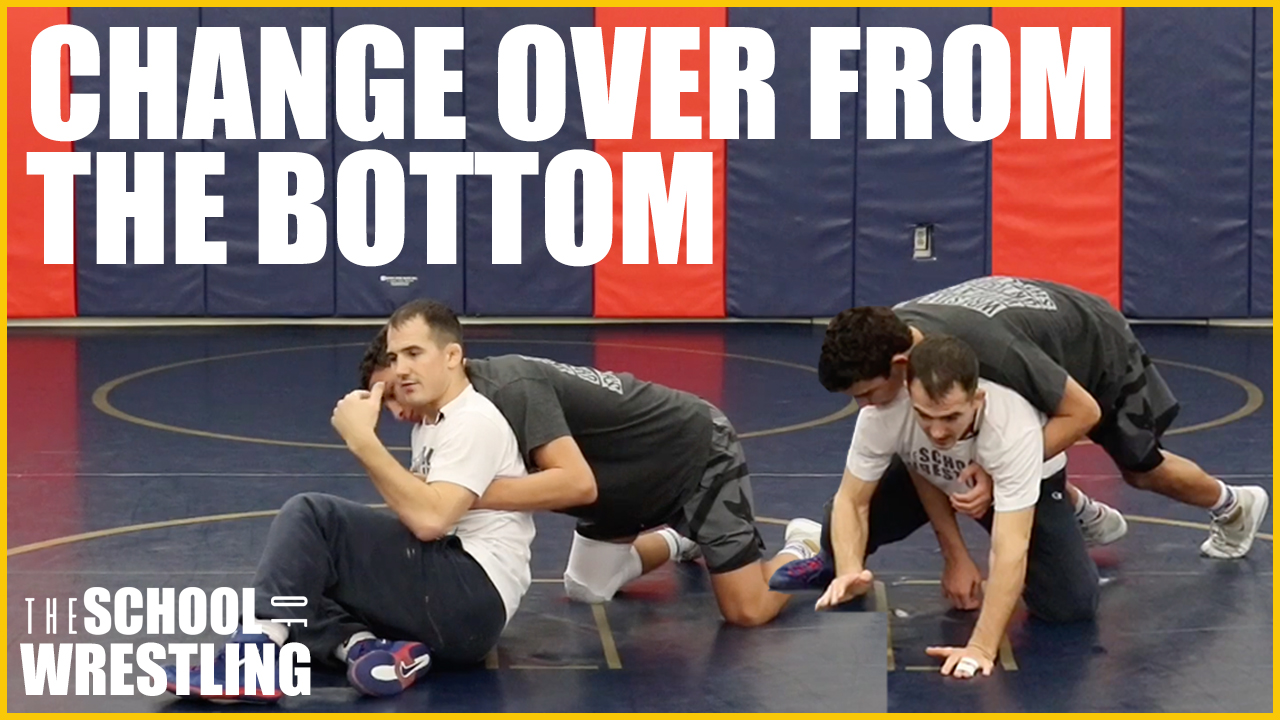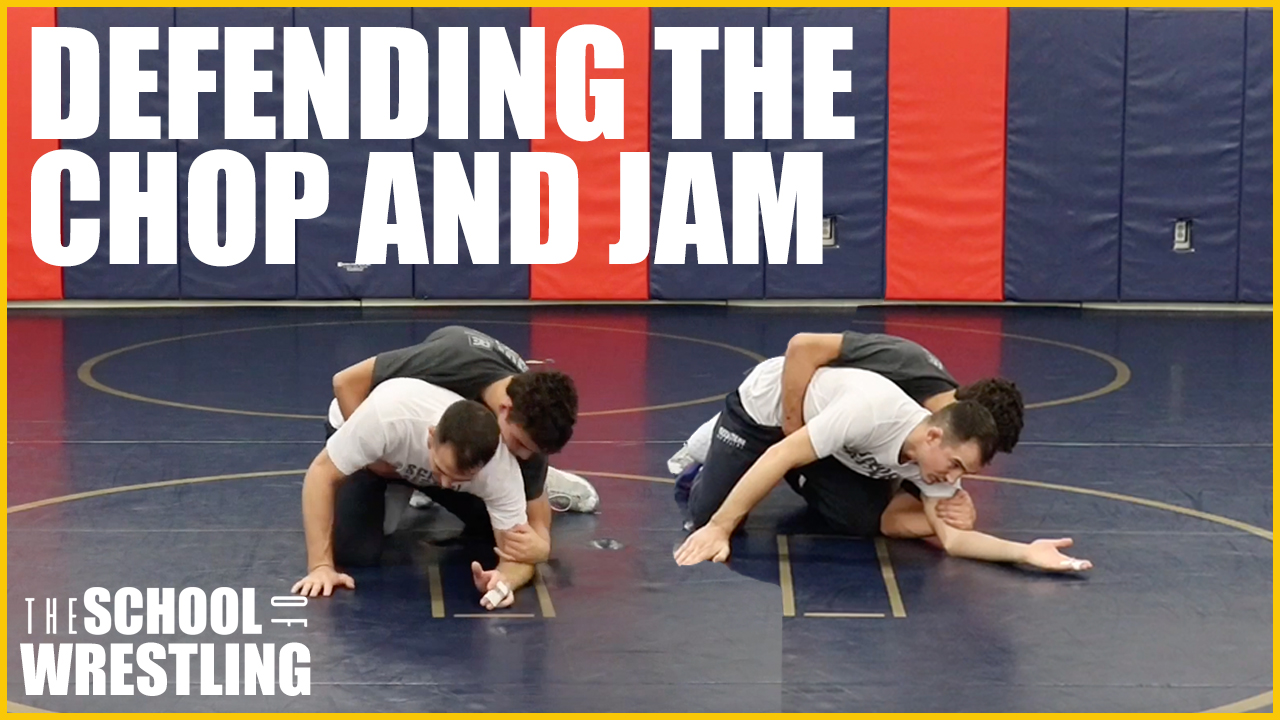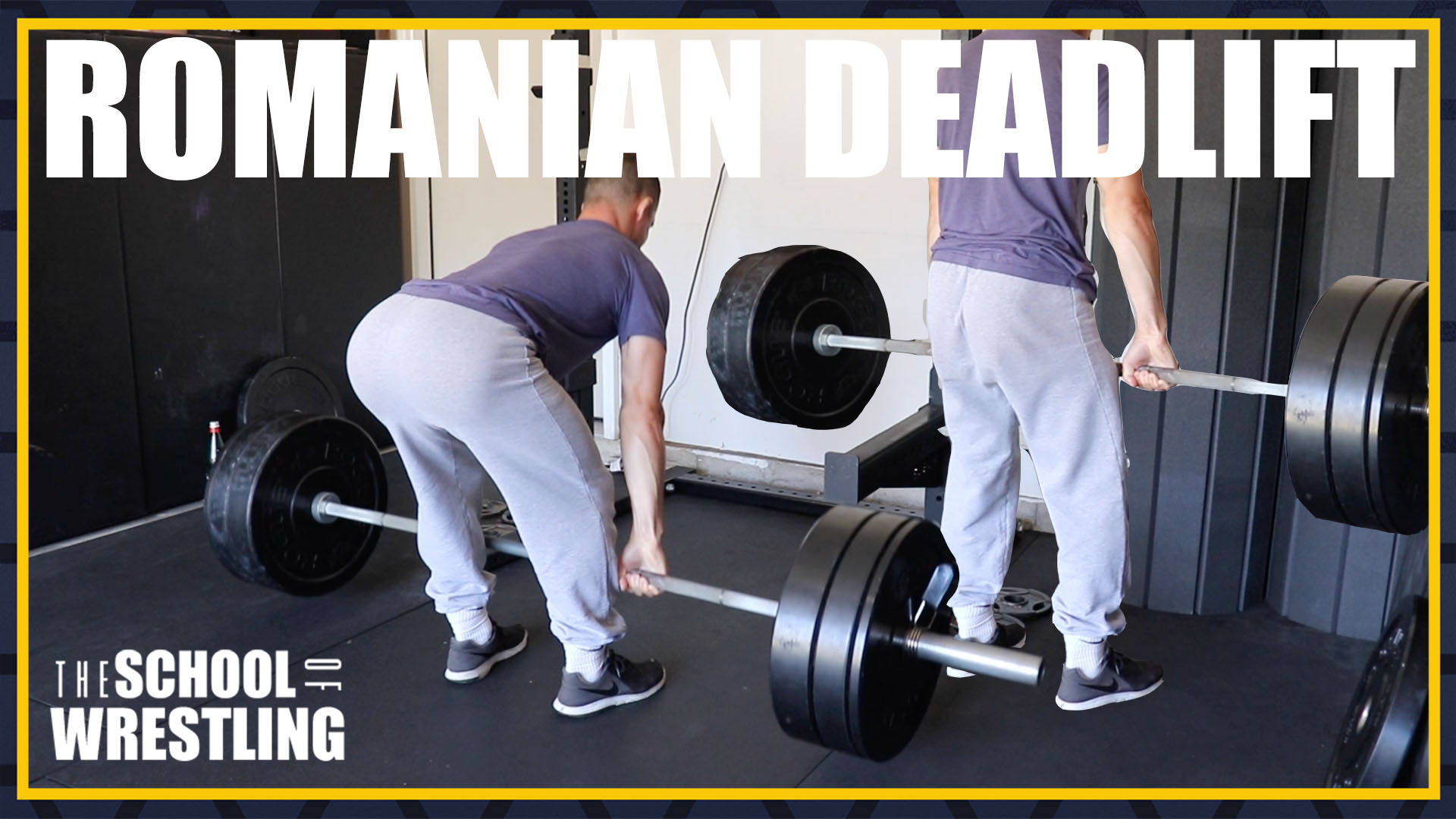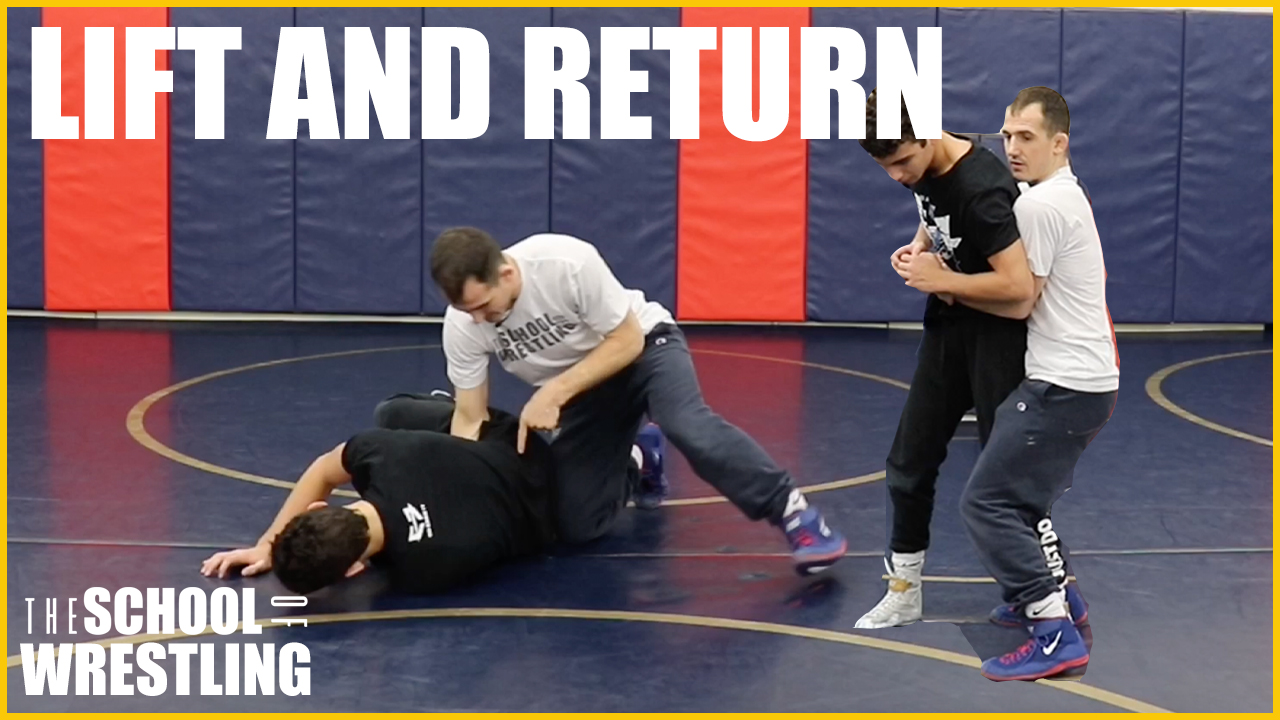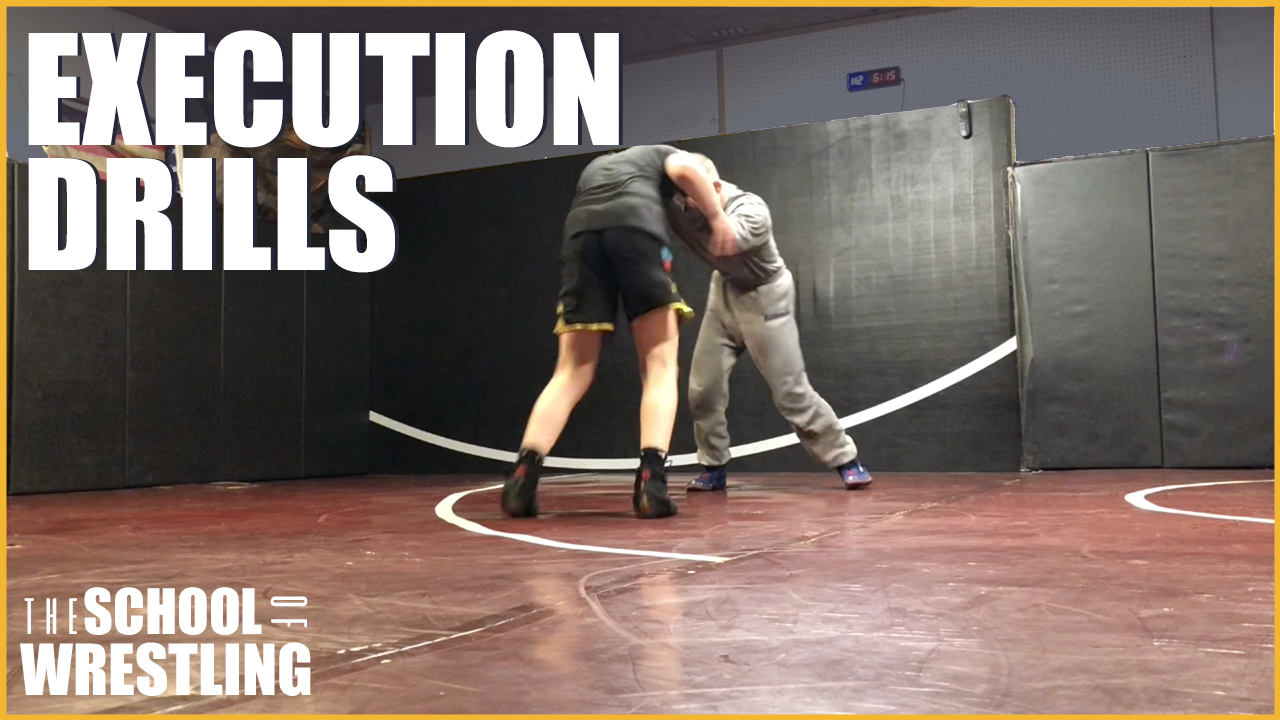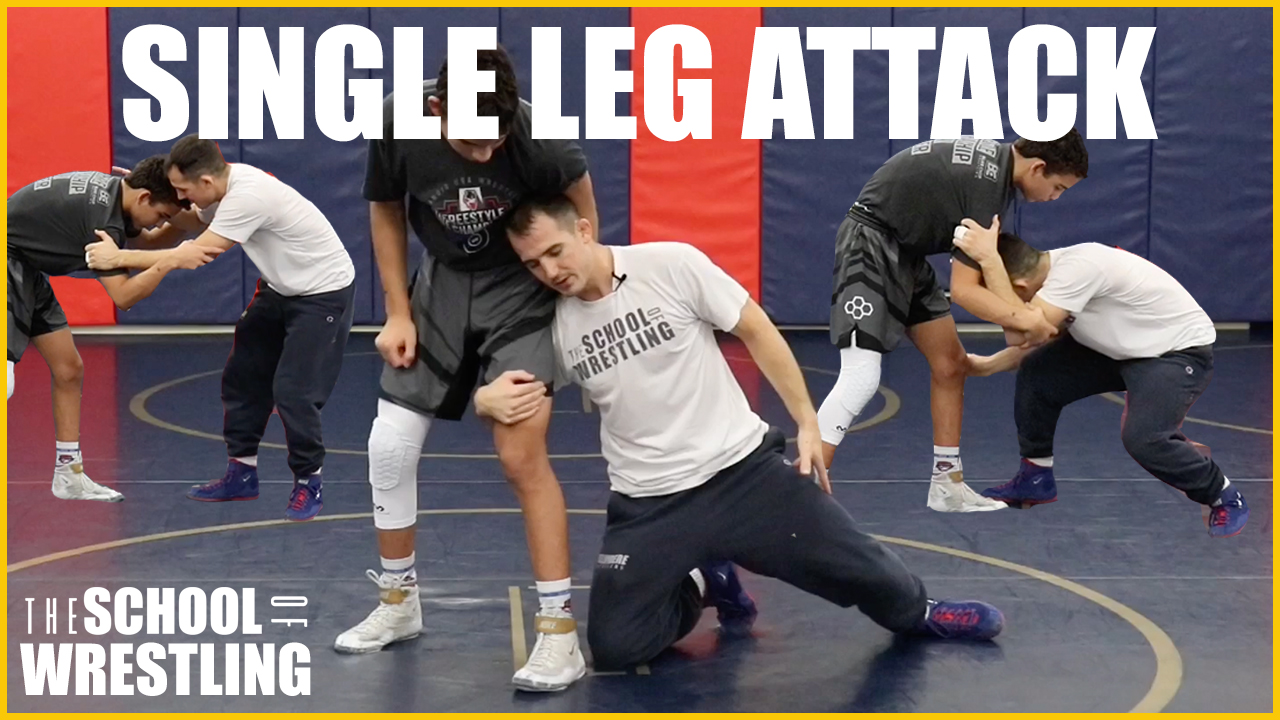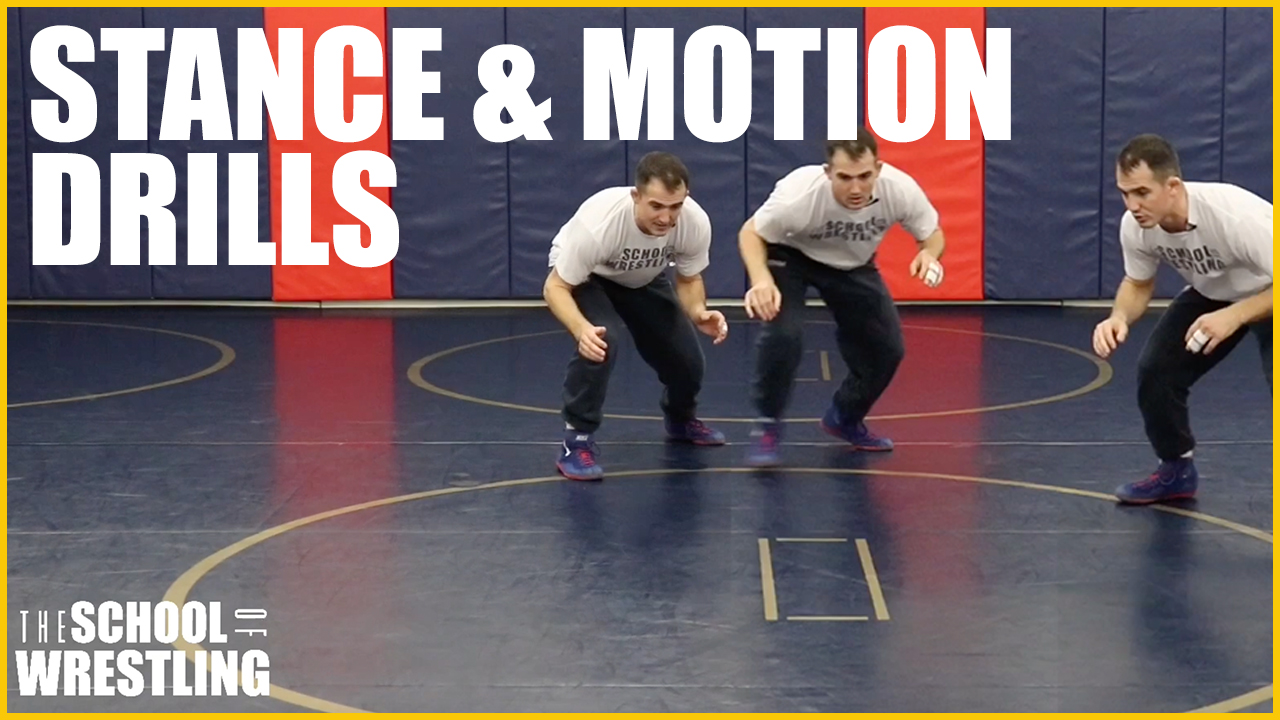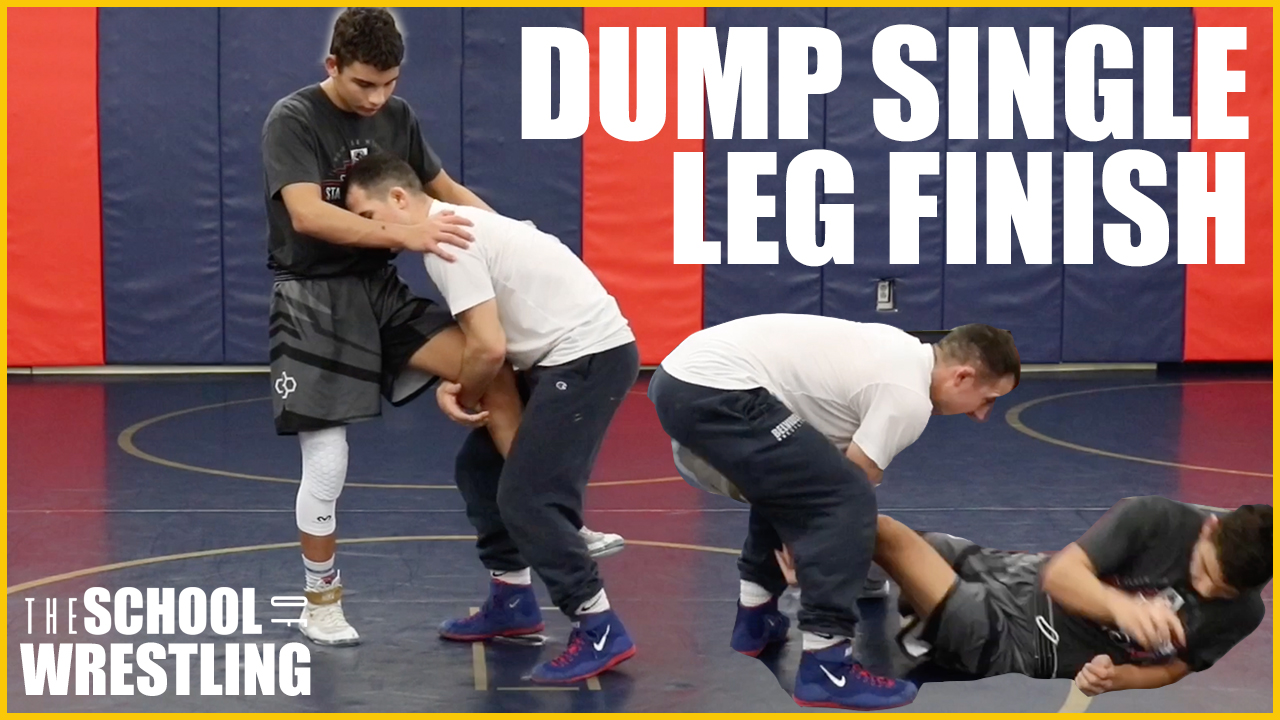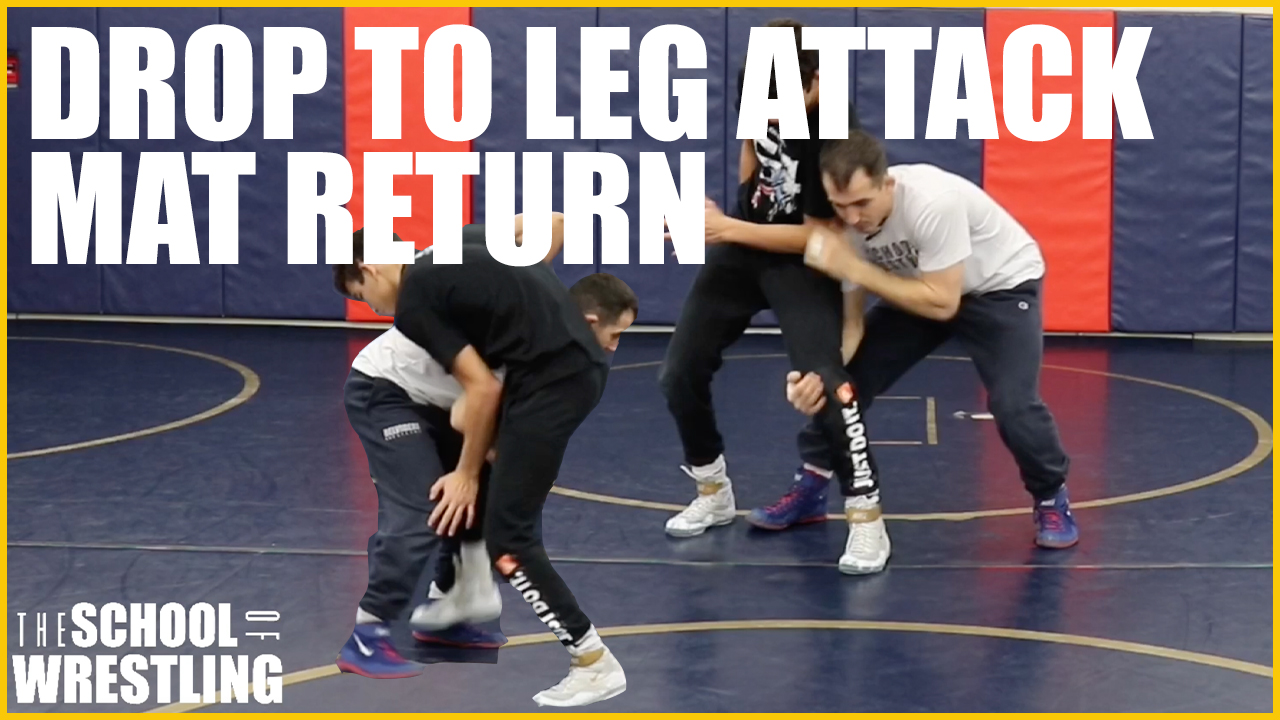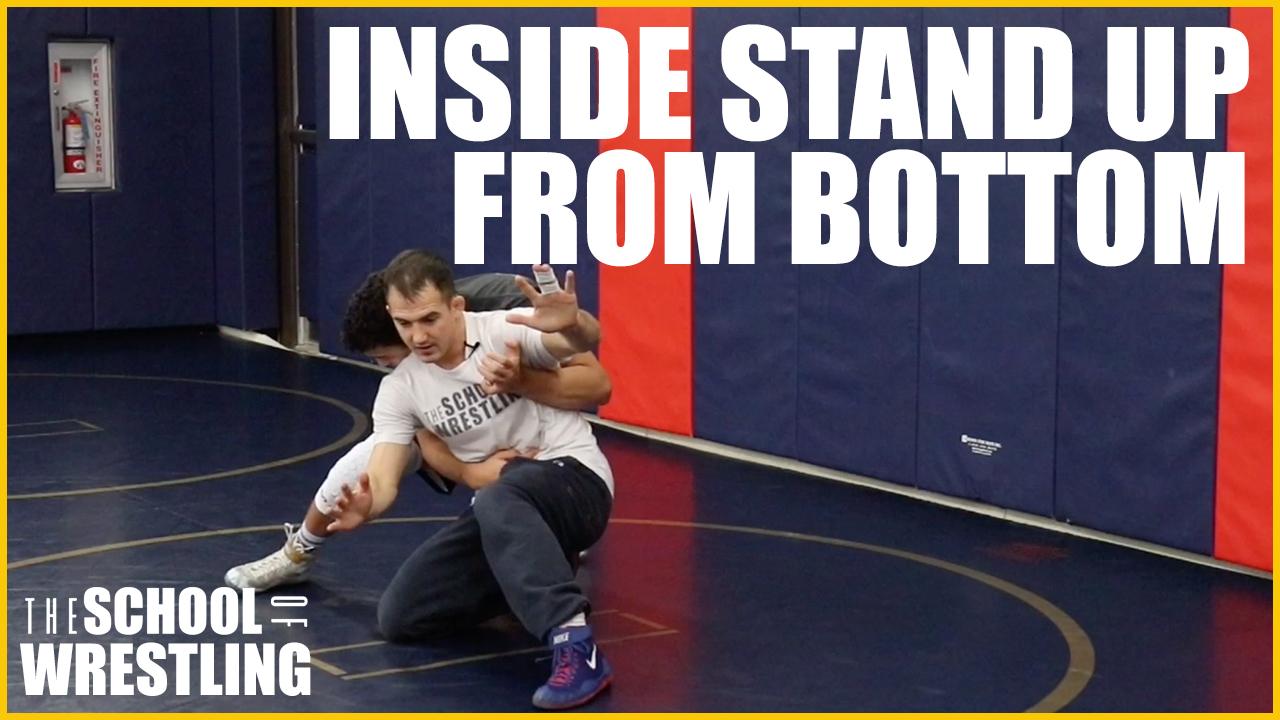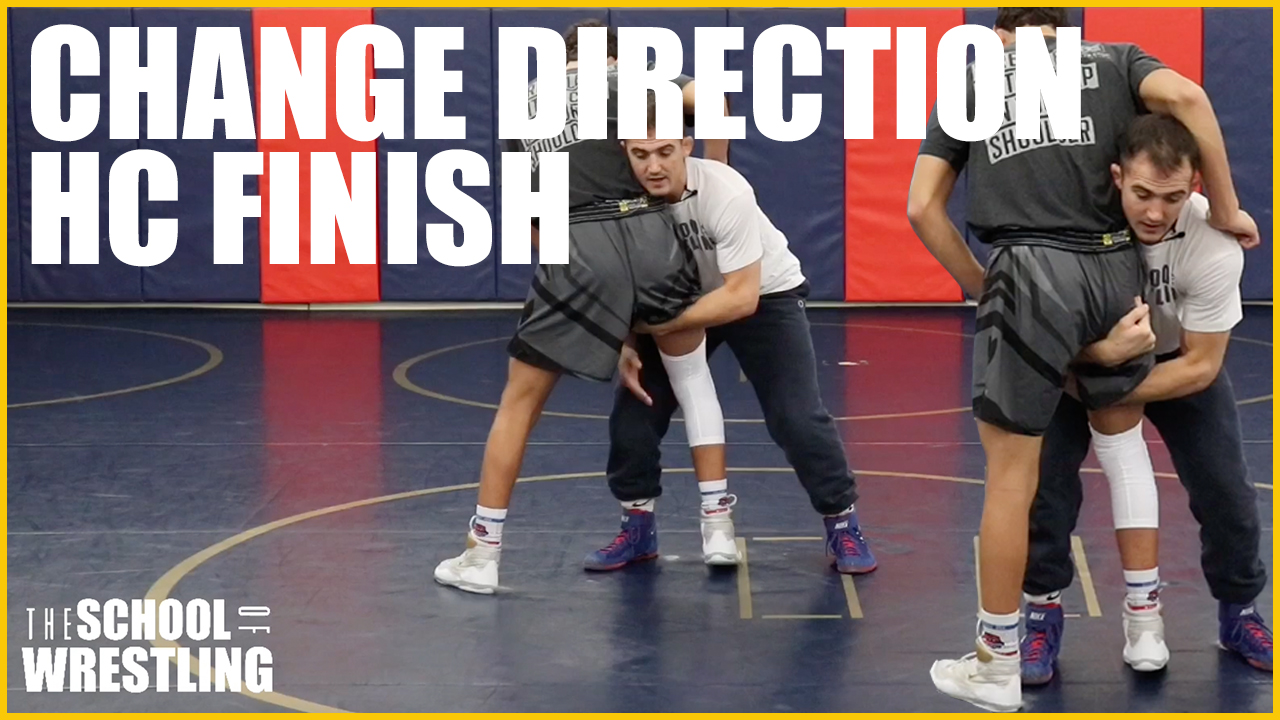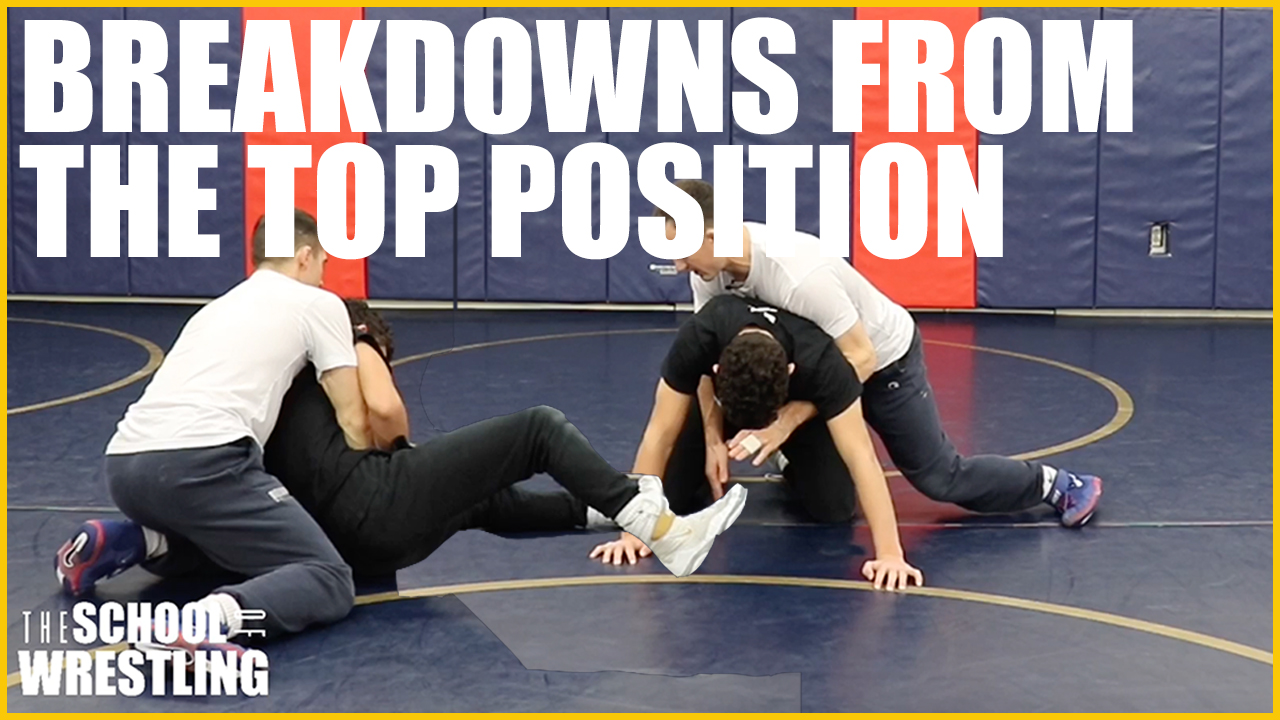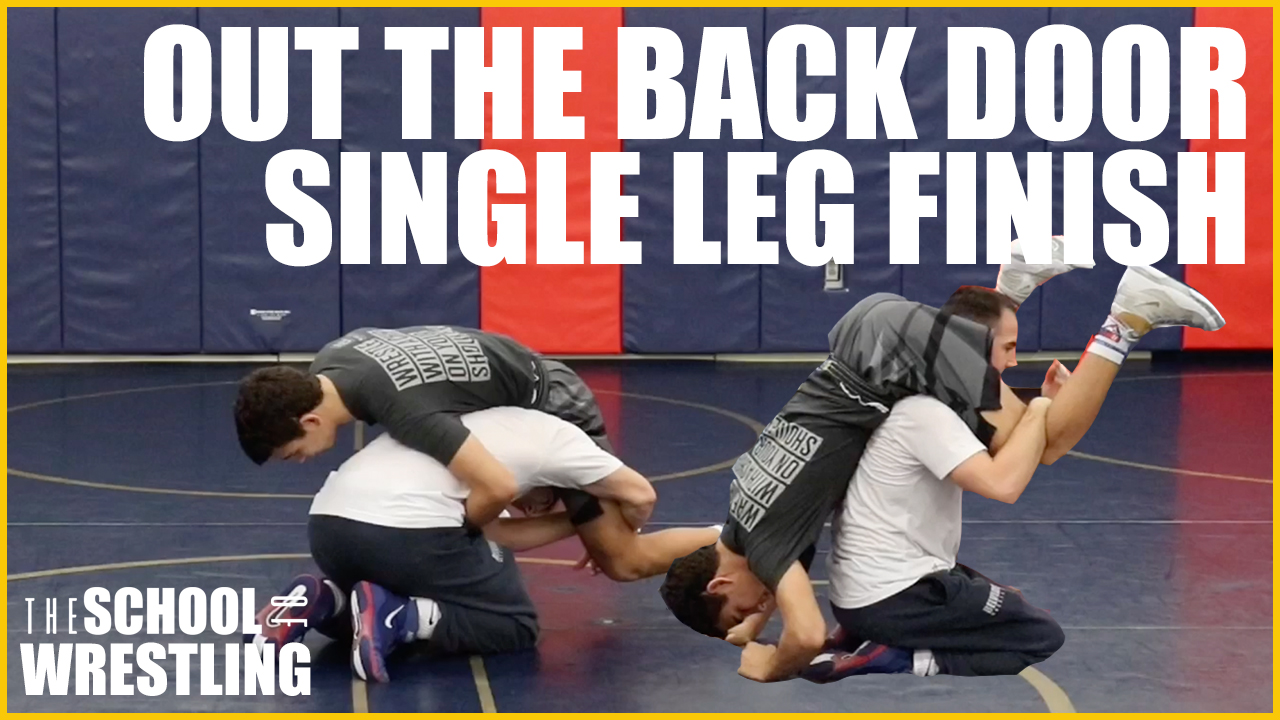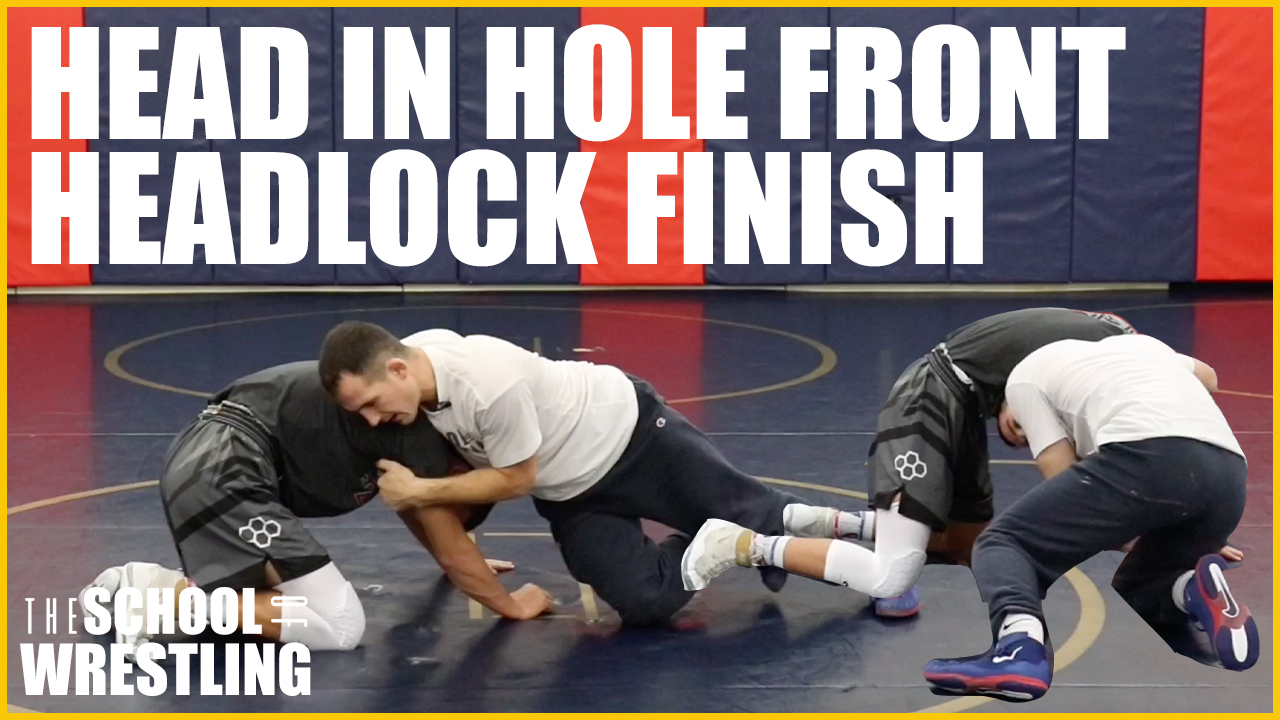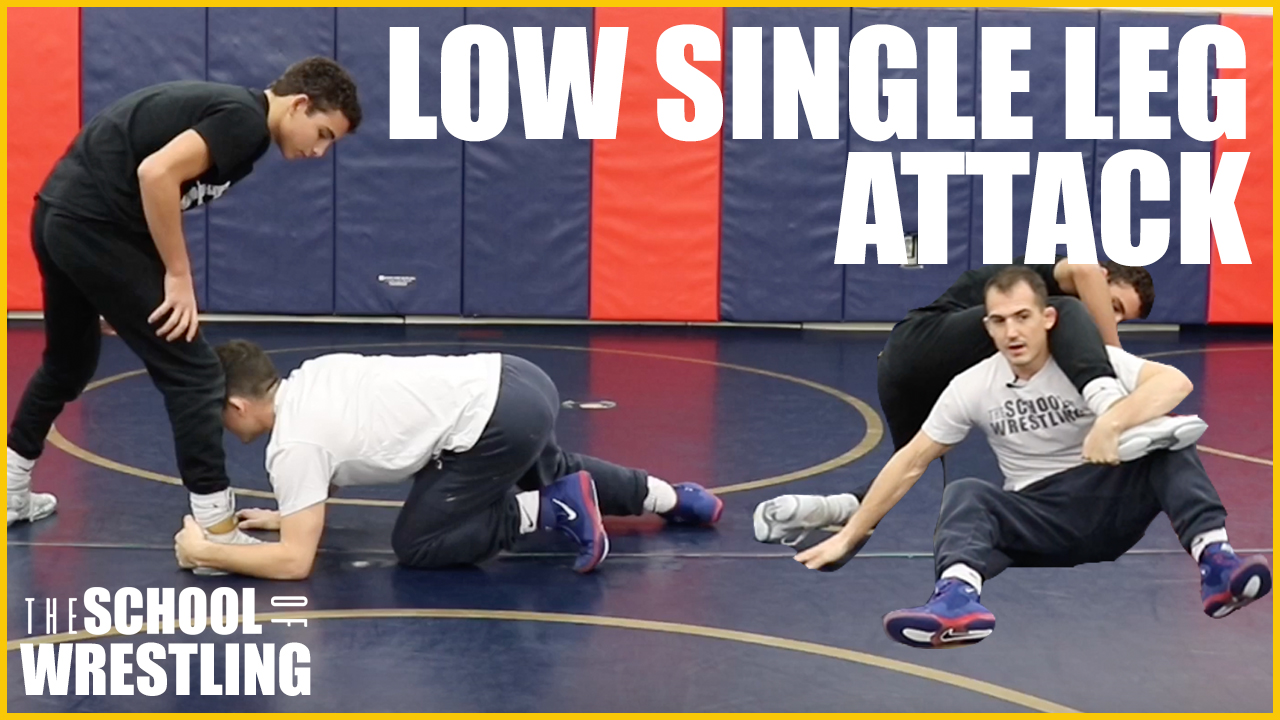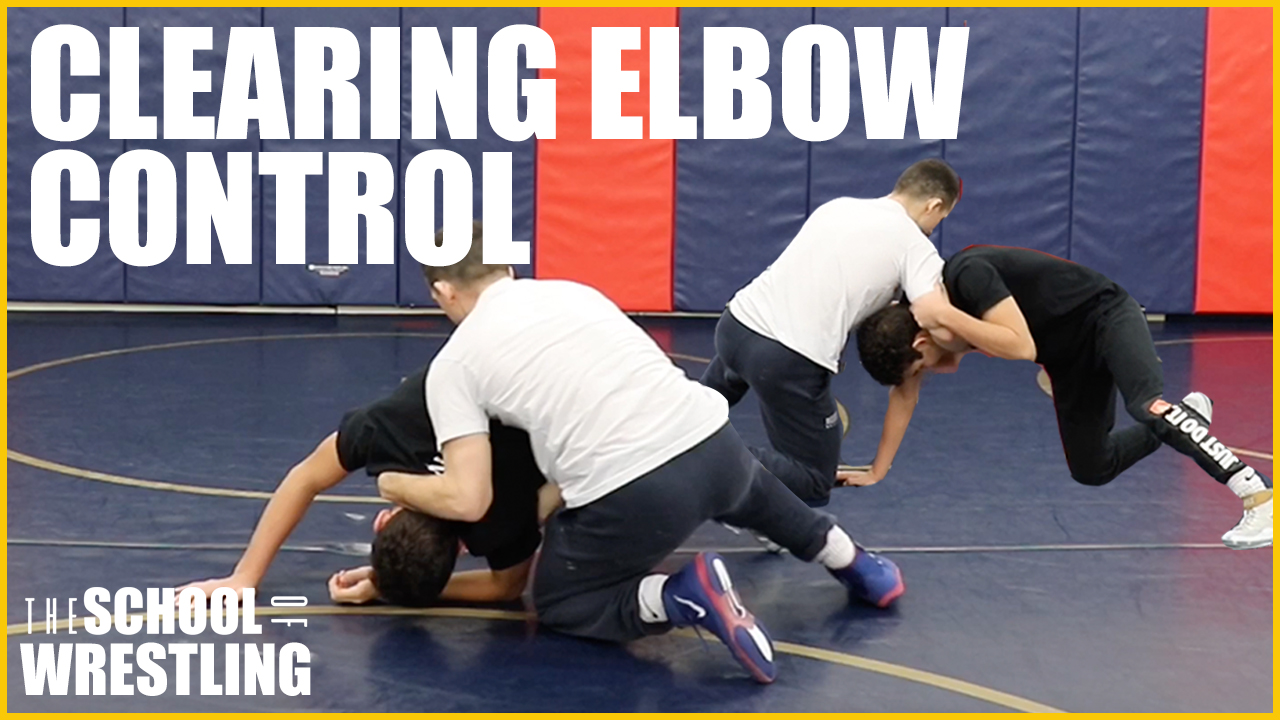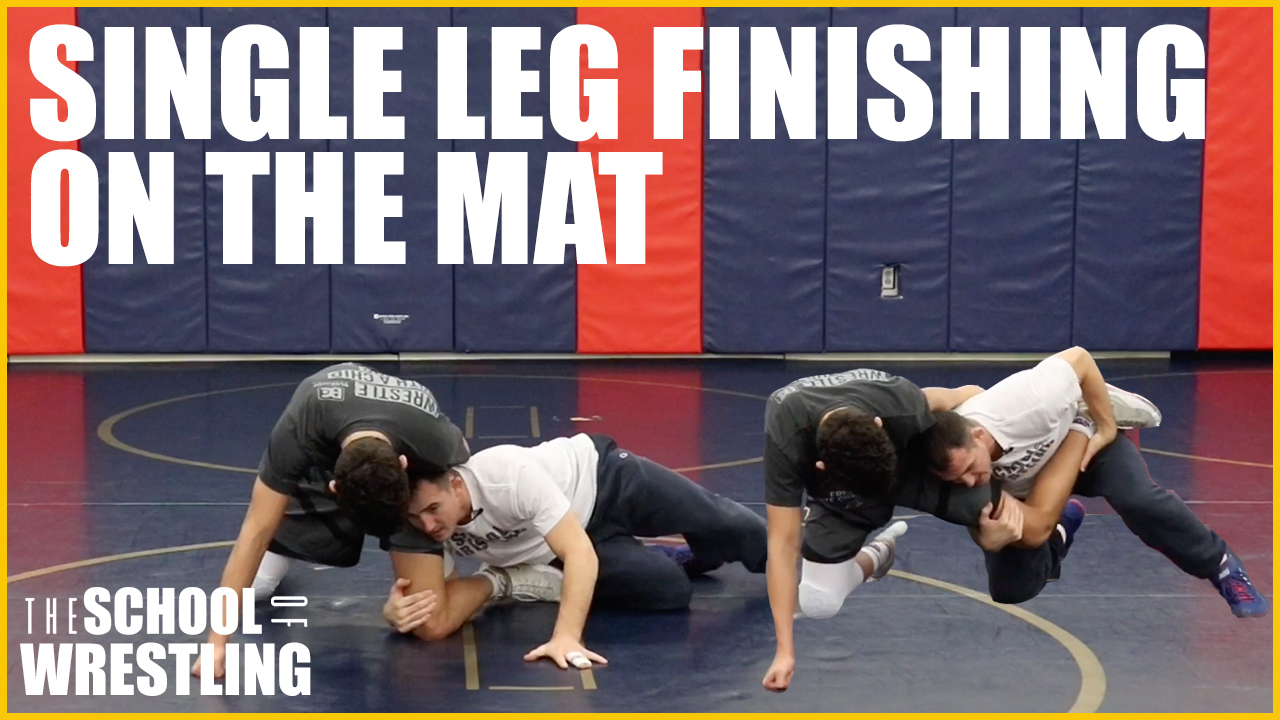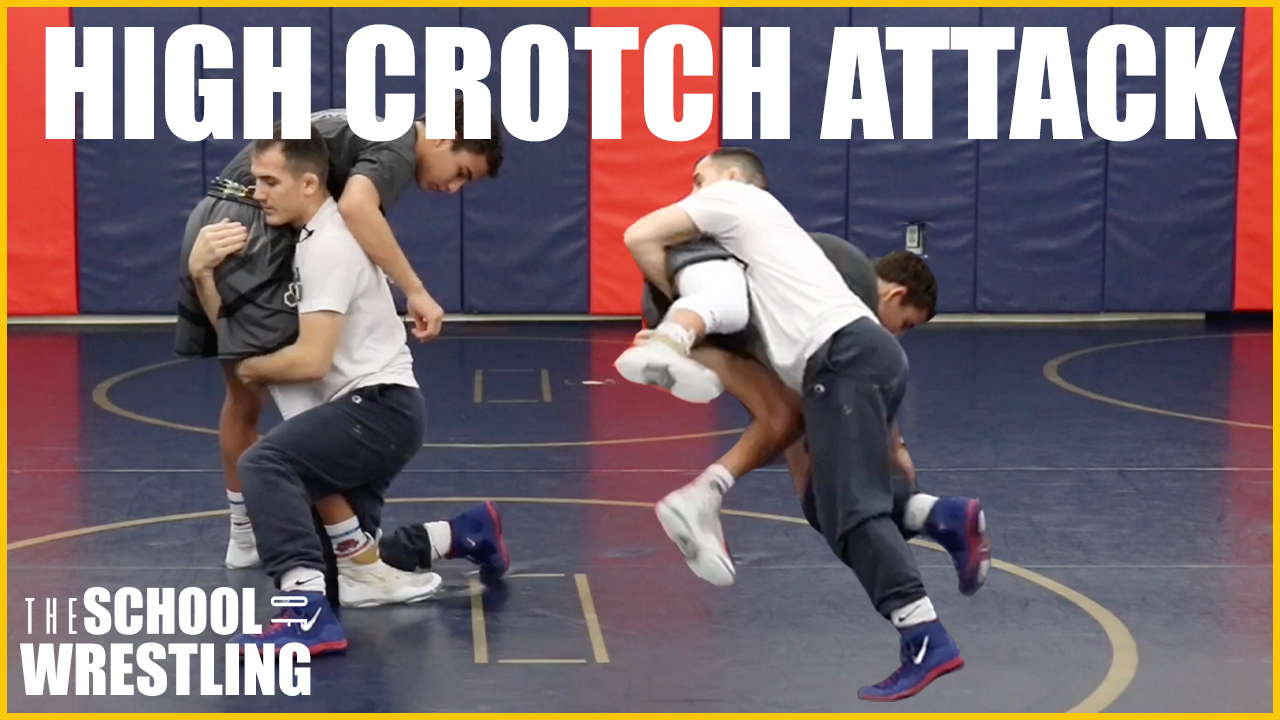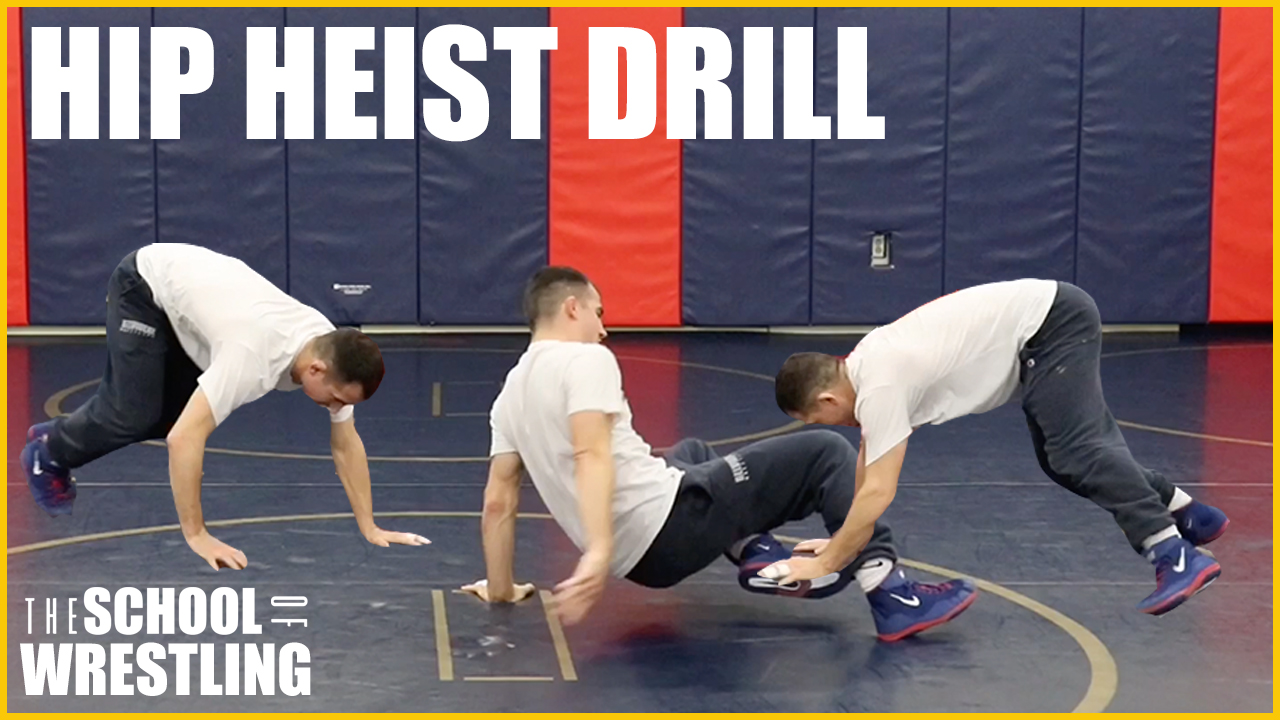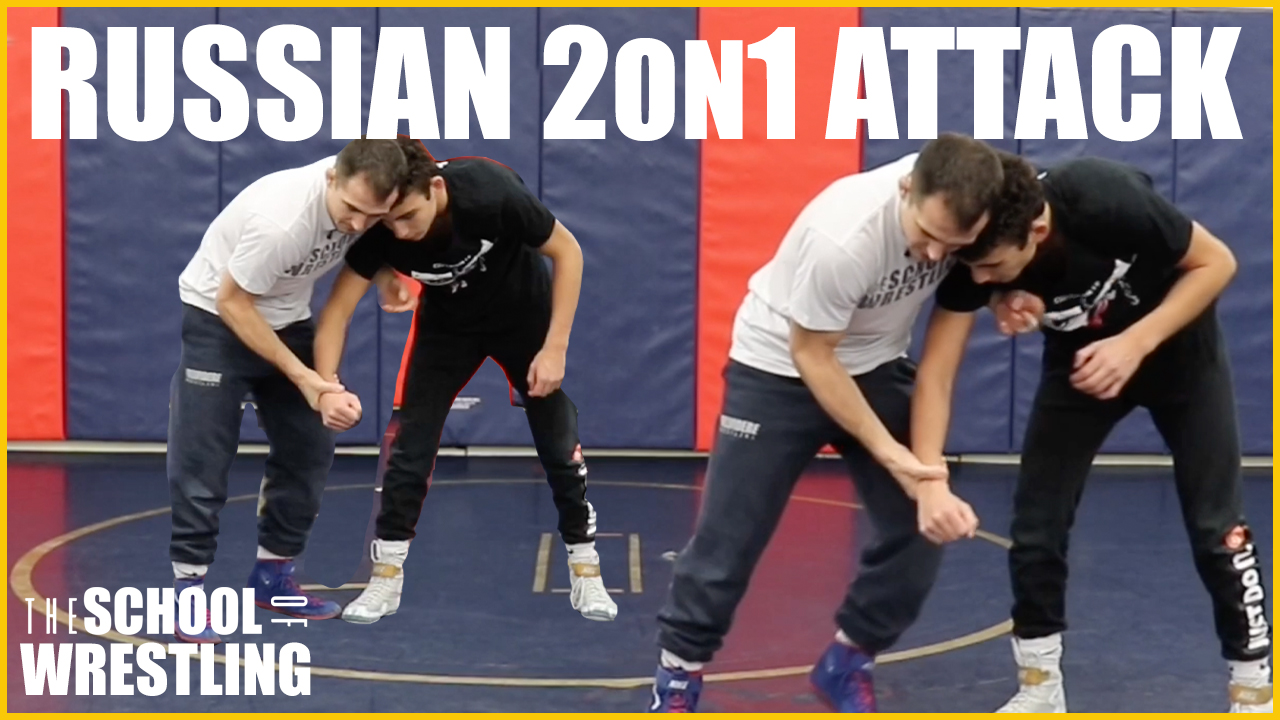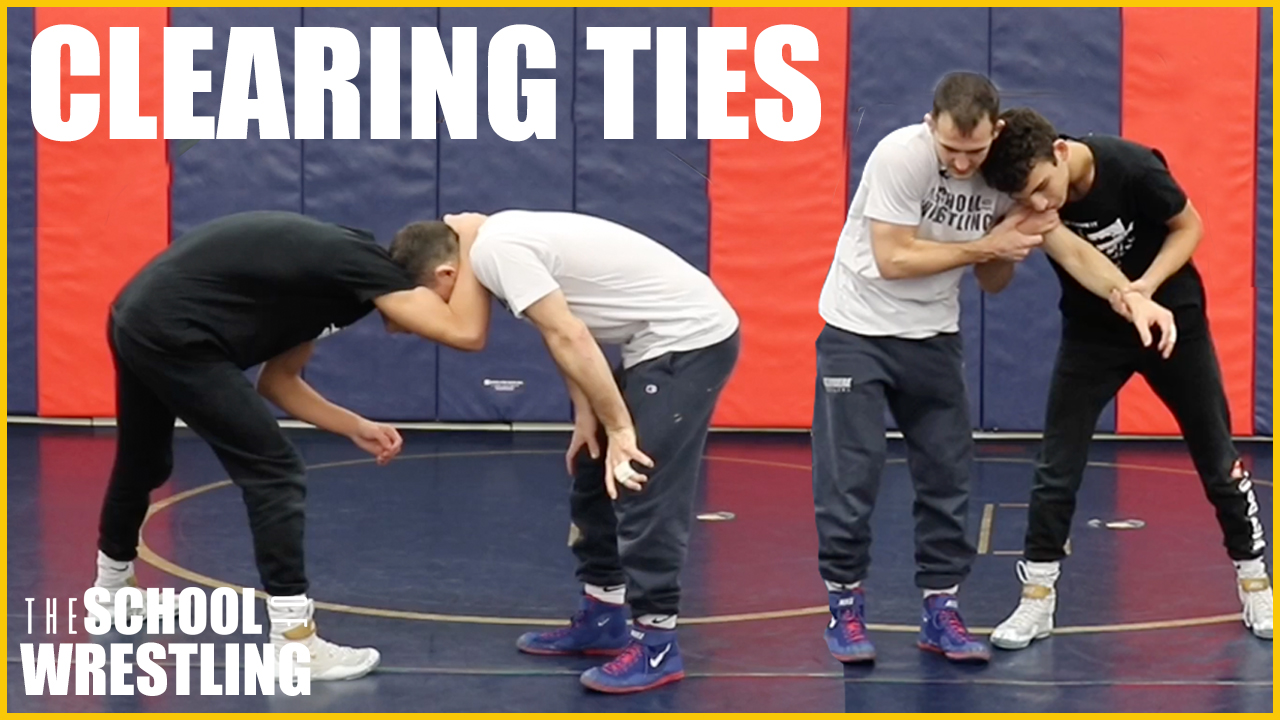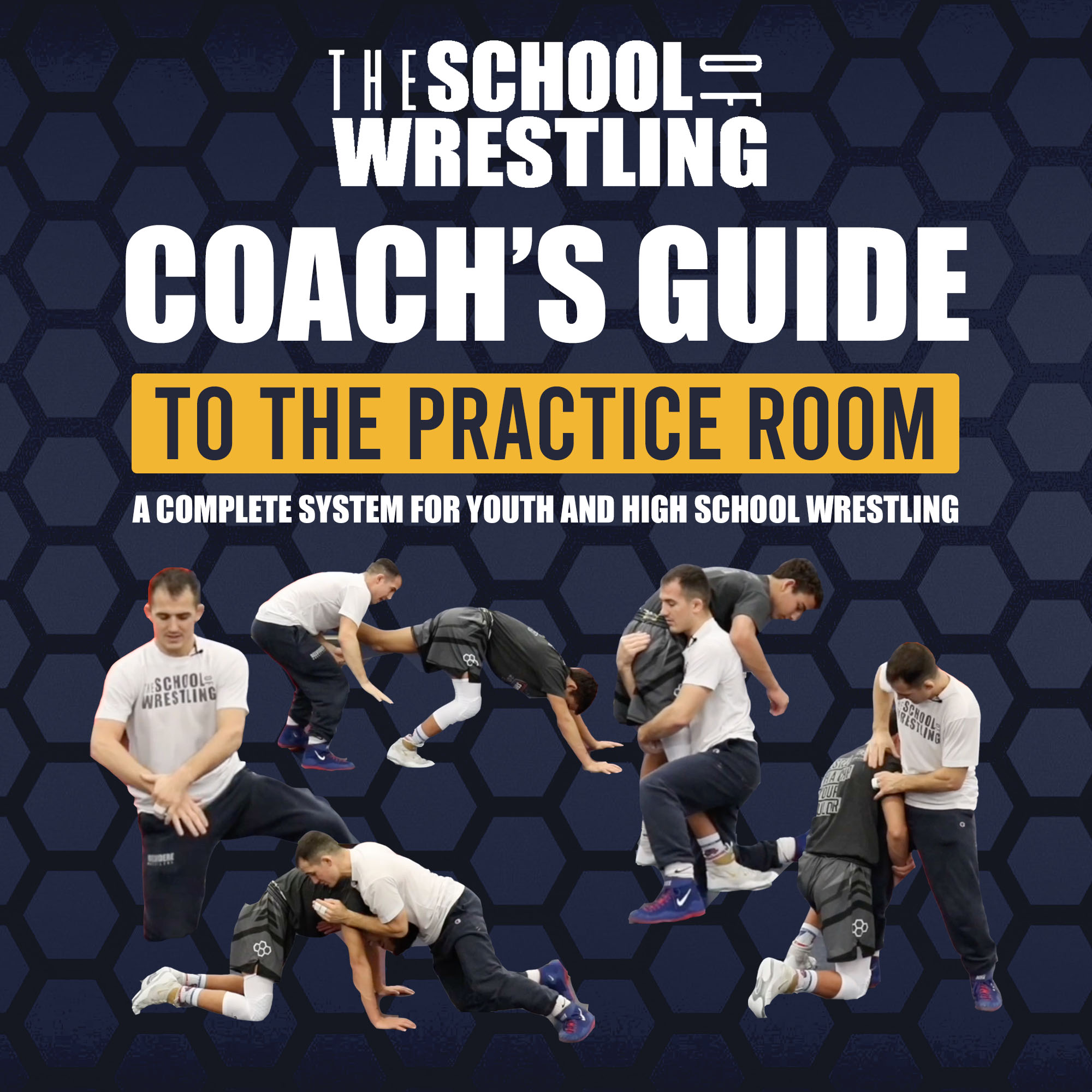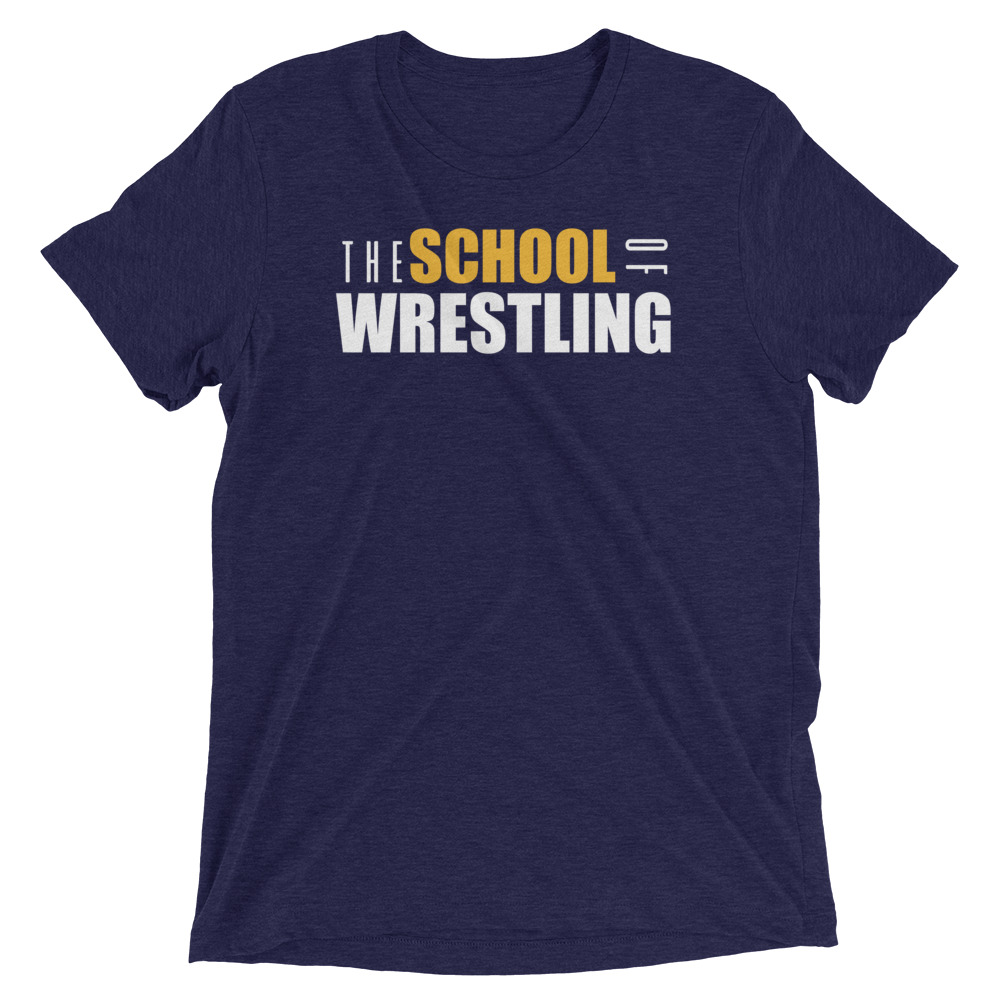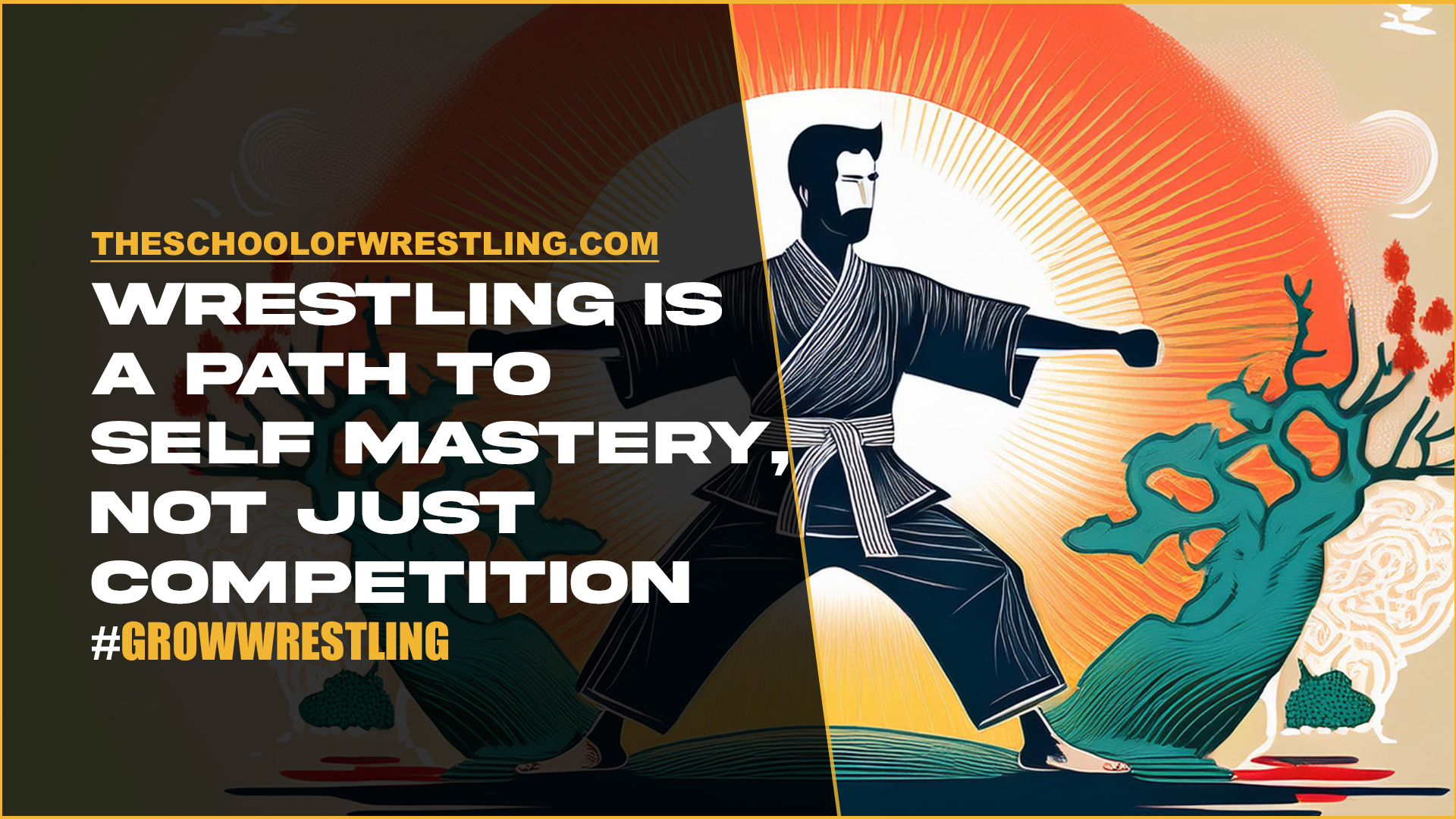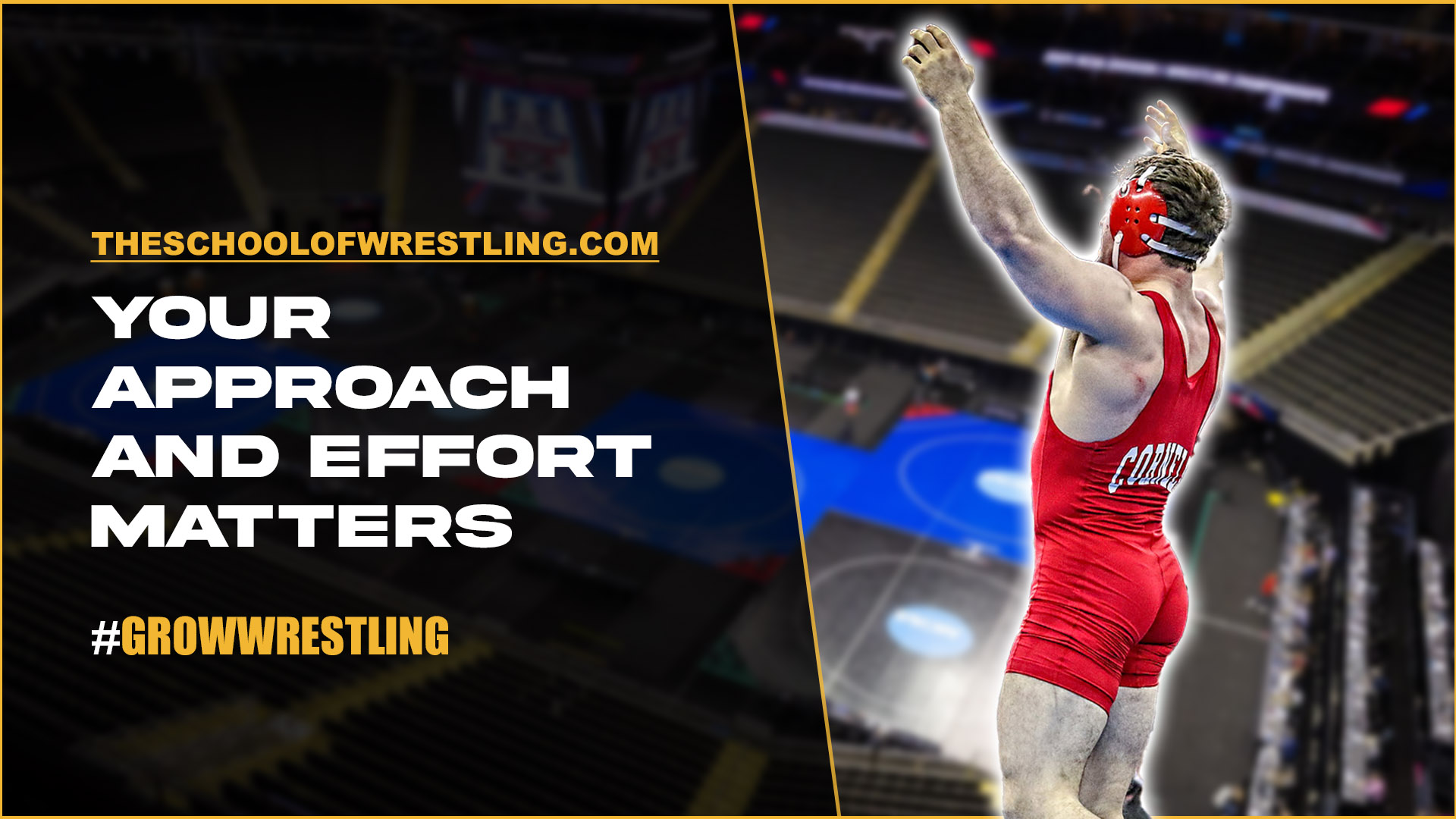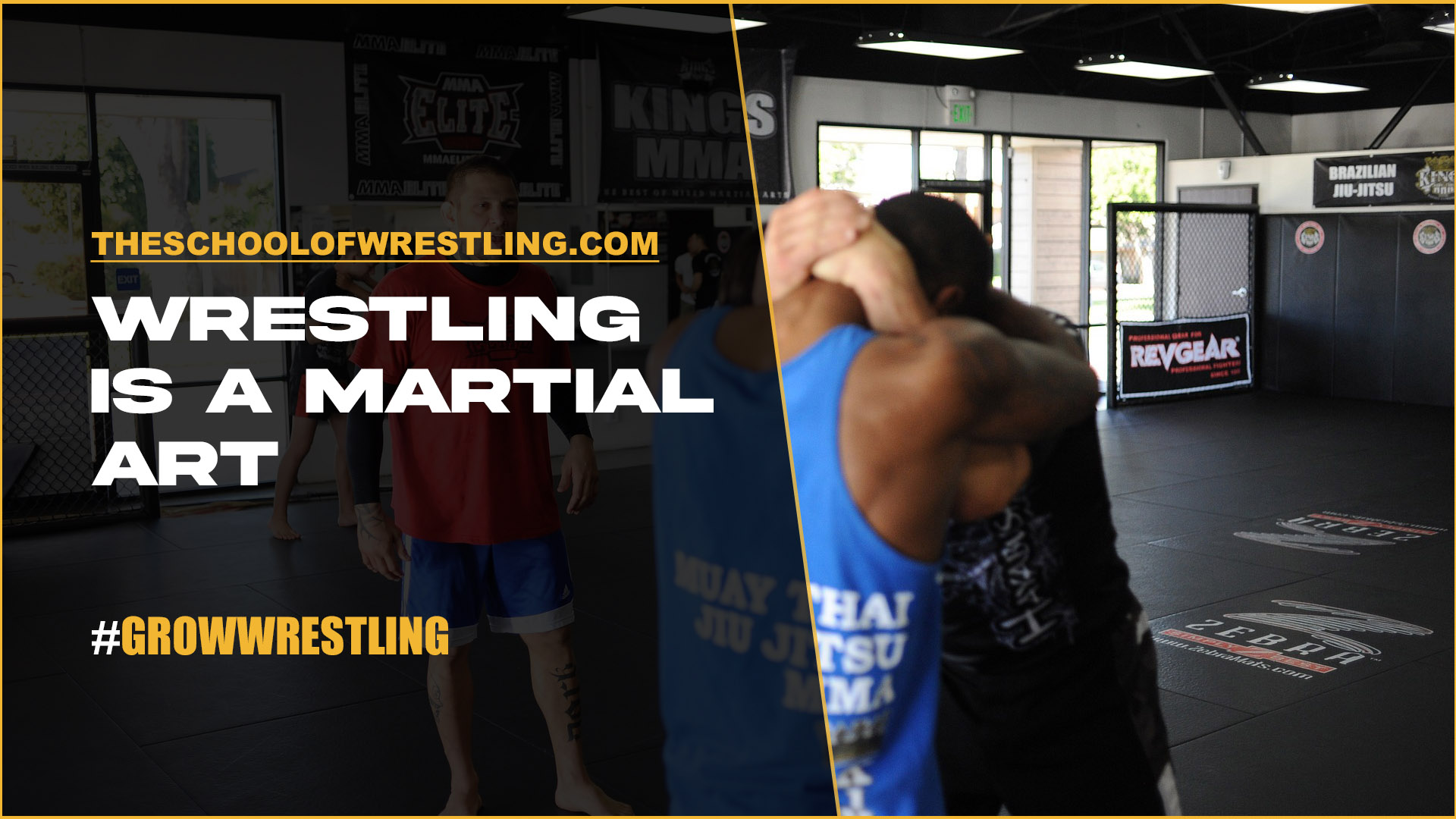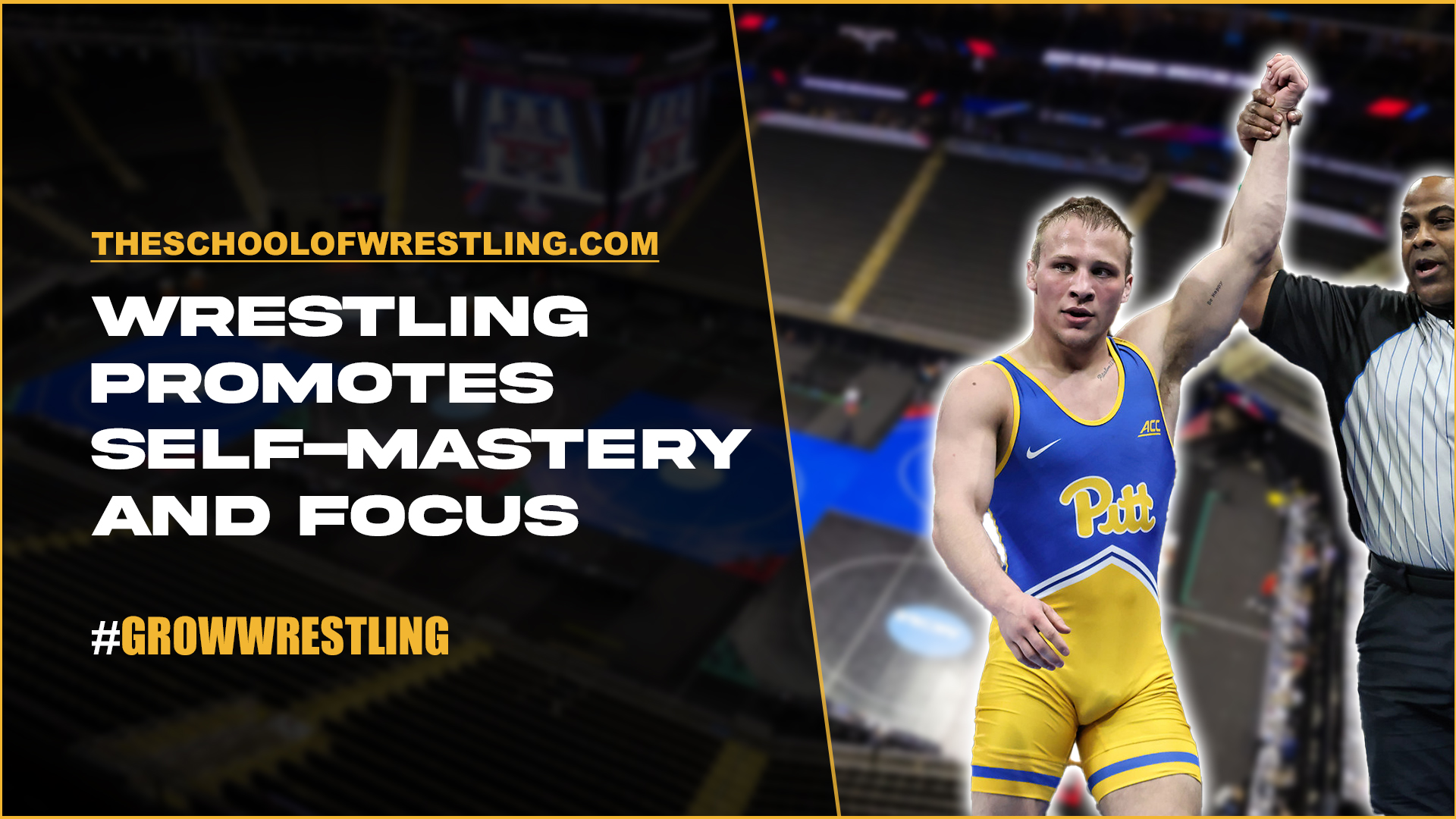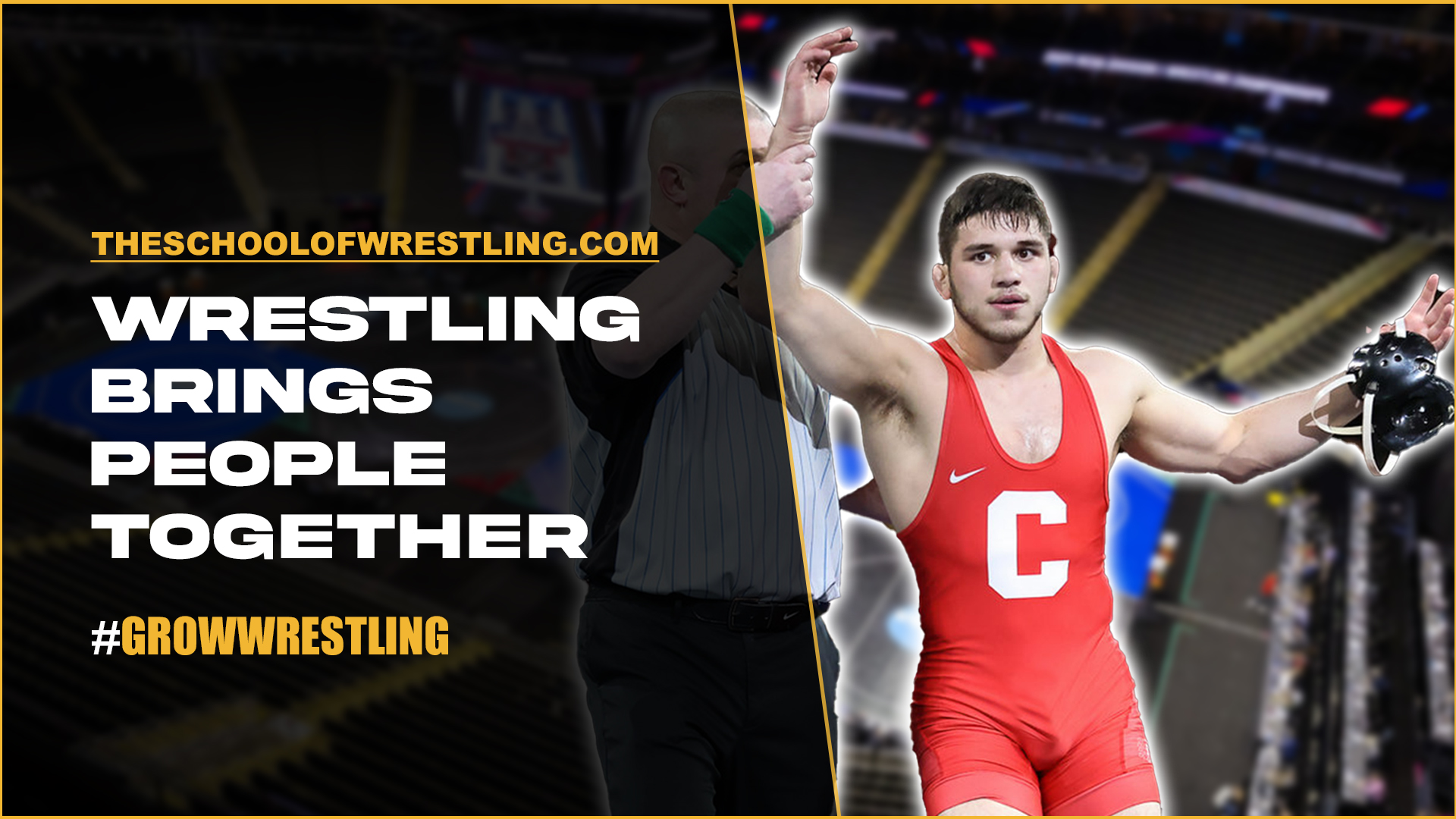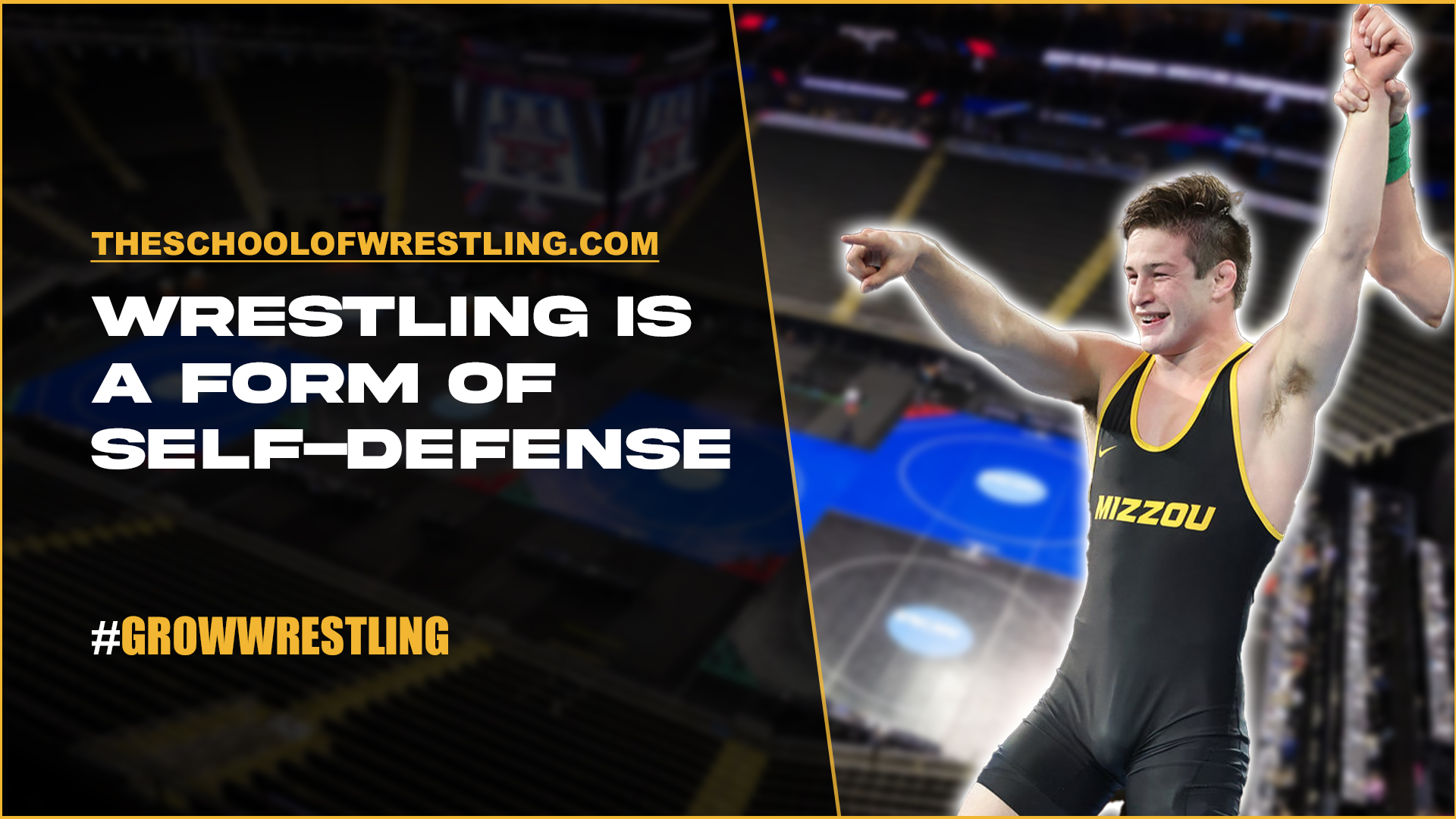Wrestling is a sport like no other. It’s a grueling, demanding martial art that tests the limits of an athlete’s physical and mental endurance. As one of the oldest forms of combat, wrestling has evolved into a discipline that challenges not just the body but the mind and spirit as well. Those who dedicate themselves to wrestling find that it offers immense benefits, fostering growth in every aspect of their lives.
The True Value of Wrestling
Wrestling, as a martial art, is arguably one of the most difficult to master. The journey through the sport requires discipline, resilience, and a willingness to push beyond personal limits. It is this process that leads to the development of the mind, body, and spirit—a holistic growth that few other activities can offer.
When an athlete steps onto the mat, they are not just competing against an opponent; they are also facing their own fears, doubts, and weaknesses. Every match is a test of character, and every practice session is an opportunity for self-improvement. Over time, wrestling helps individuals cultivate mental toughness, emotional resilience, and a deep sense of self-discipline. It’s a journey of self-mastery that continues long after the final whistle blows.
The Shift Towards Competition
However, there is a growing concern within the wrestling community. The focus has increasingly shifted away from the personal development aspects of the sport and towards the pursuit of competitive success. State championships, college scholarships, and other accolades have become the primary goals for many athletes, parents, and coaches.
This emphasis on competition, while understandable, has led to an unintended consequence: many wrestlers are quitting the sport before they can truly reap its benefits. The pressure to win, to stand on the podium, and to secure a college scholarship can be overwhelming. When the joy of the sport is overshadowed by the stress of competition, it’s no surprise that many young athletes choose to walk away.
The Role of Parents and Coaches
Parents and coaches play a significant role in this dynamic. In many cases, they have become caught up in the social rewards that come with having a successful athlete. The pride of seeing their child win a championship, the recognition from peers, and the prospect of a college scholarship can be powerful motivators. But in focusing too much on these external achievements, they may overlook the long-term development that wrestling can offer.
It’s crucial for parents and coaches to remember that the true value of wrestling lies not in the medals and trophies, but in the personal growth that comes from consistent engagement with the sport. When the focus is solely on competitive results, athletes may miss out on the deeper benefits that wrestling has to offer.
Shifting the Focus Back to Growth
To preserve the essence of wrestling, we need to shift the focus back to the journey rather than the destination. Wrestling should be about the pursuit of self-mastery, not just the pursuit of victory. By emphasizing personal growth, we can help athletes develop the skills and attributes that will serve them well both on and off the mat.
Parents and coaches can play a pivotal role in this shift by encouraging athletes to value the process of wrestling as much as, if not more than, the outcomes of competition. Celebrate the small victories—like learning a new technique, overcoming a mental block, or simply showing up to practice every day with determination. These are the moments that build character and resilience, the true rewards of wrestling.
Wrestling is more than just a sport; it’s a path to self-discovery and personal growth. While the competitive aspects of the sport are important, they should not overshadow the deeper, more meaningful benefits that wrestling offers. By shifting our focus back to the development of mind, body, and spirit, we can ensure that wrestling continues to be a powerful tool for self-mastery for generations to come.

